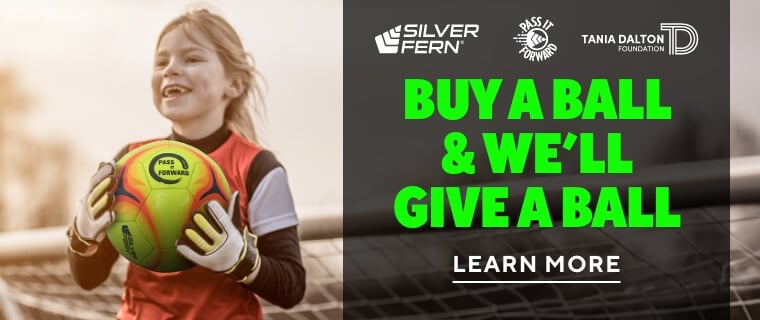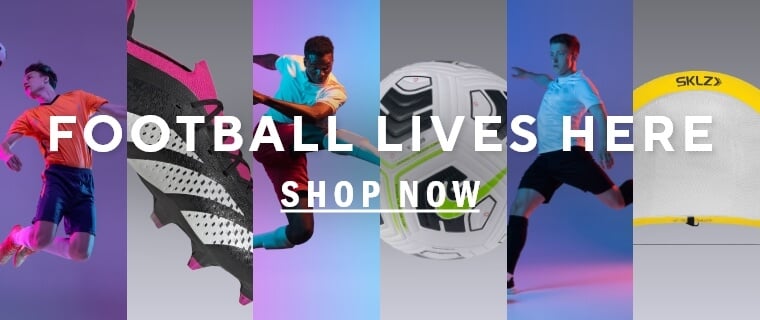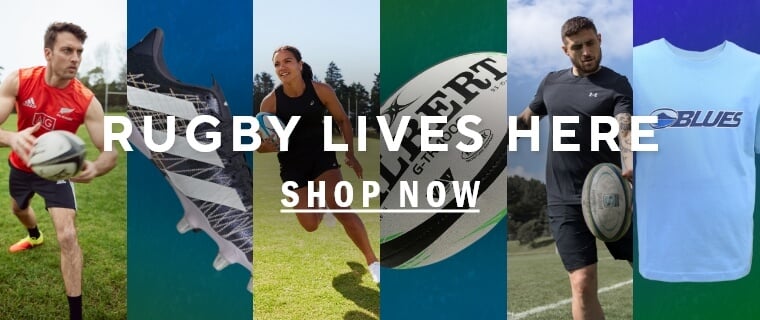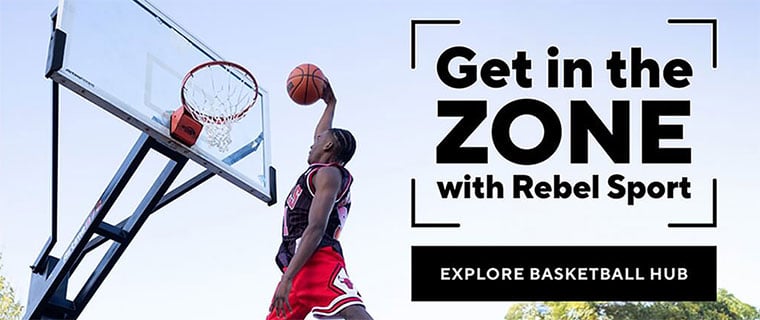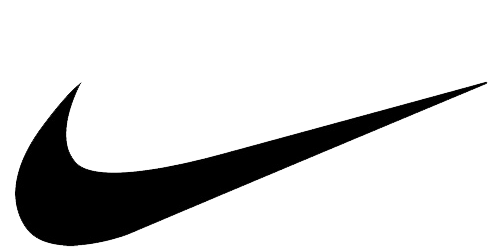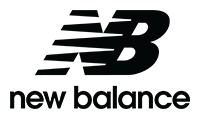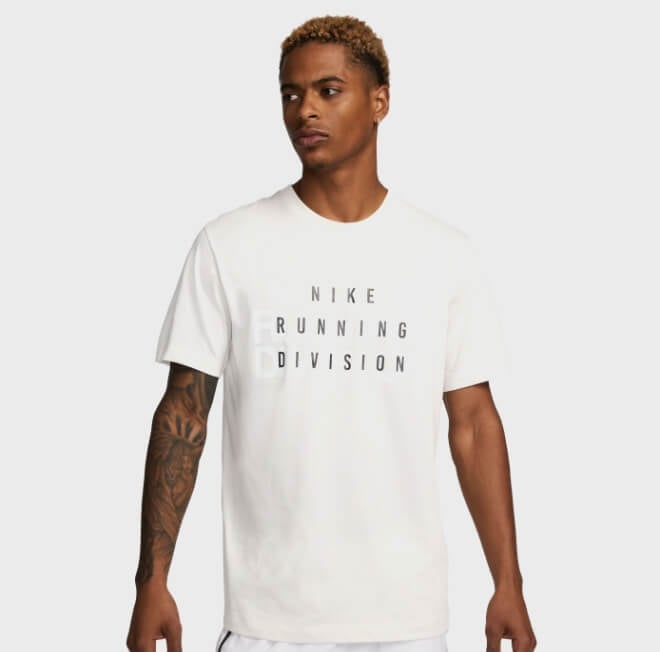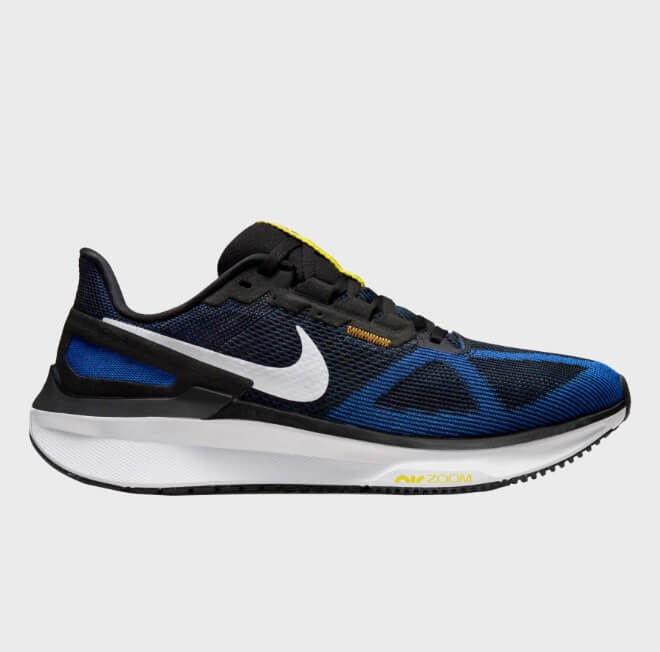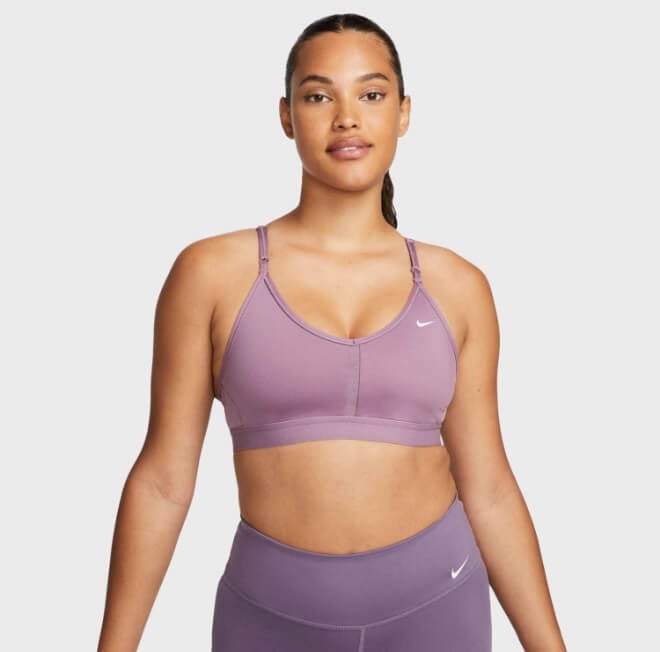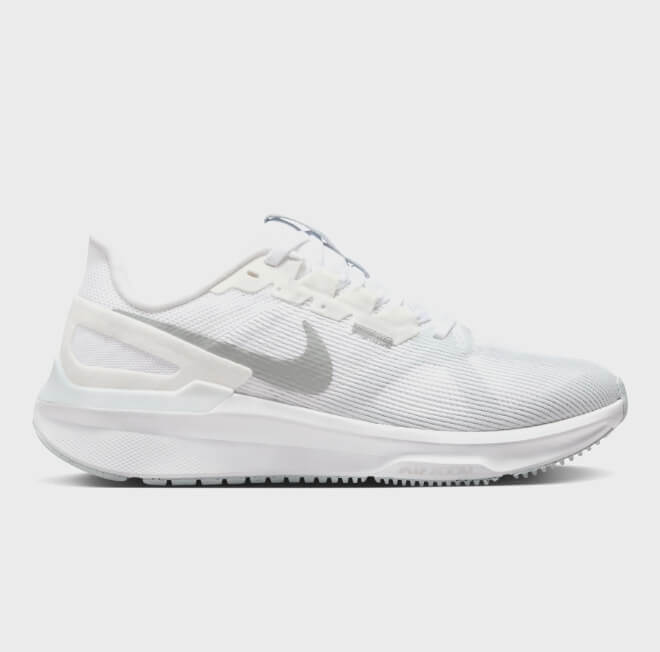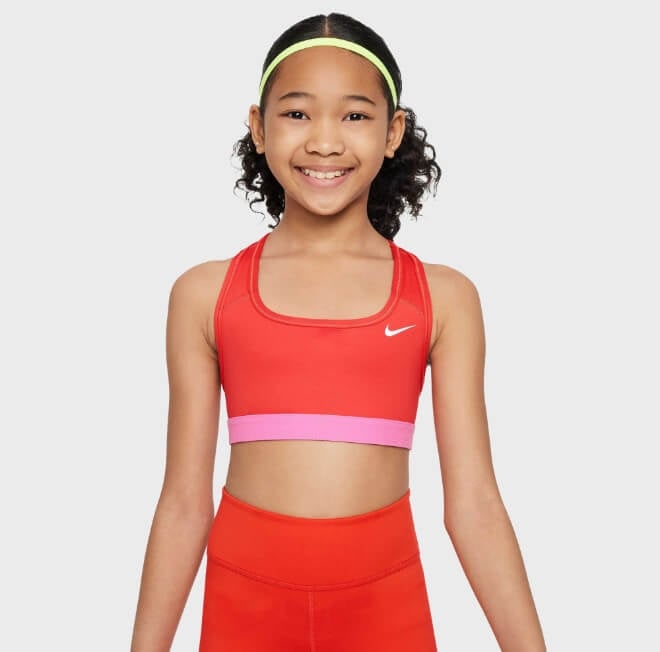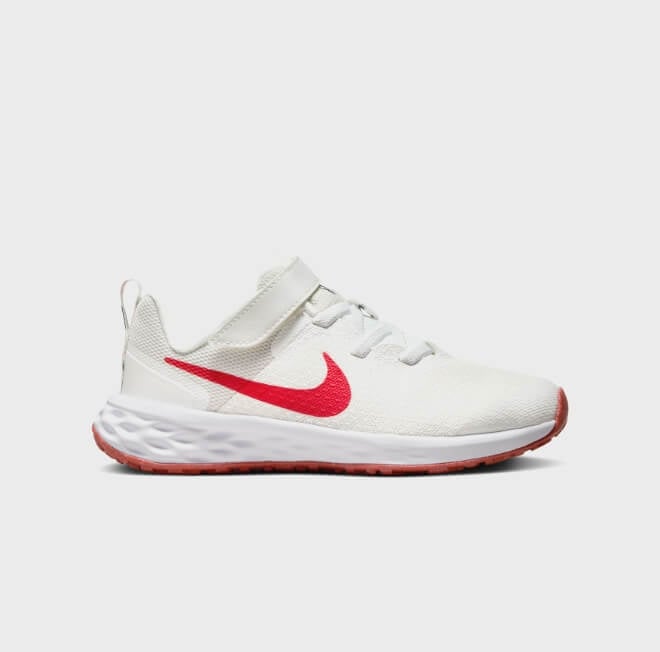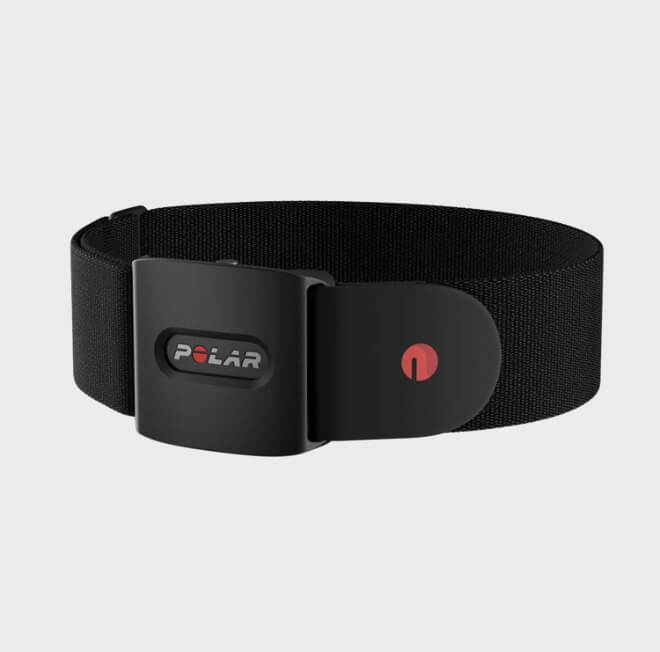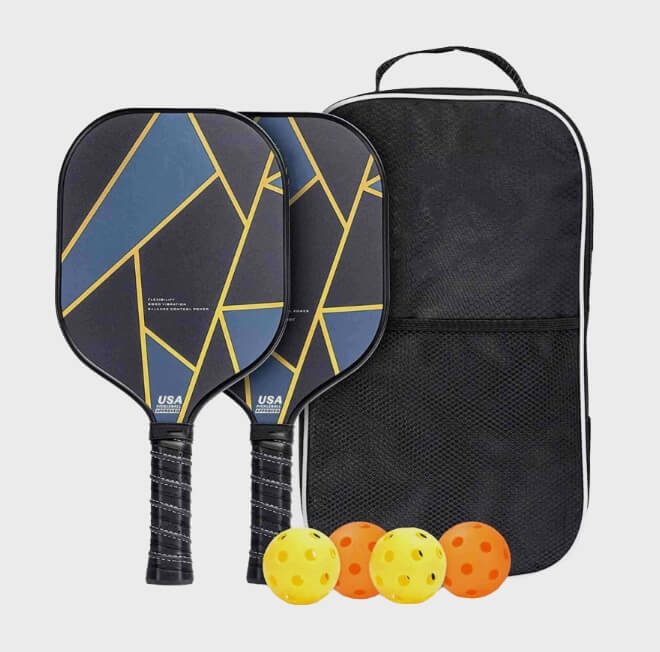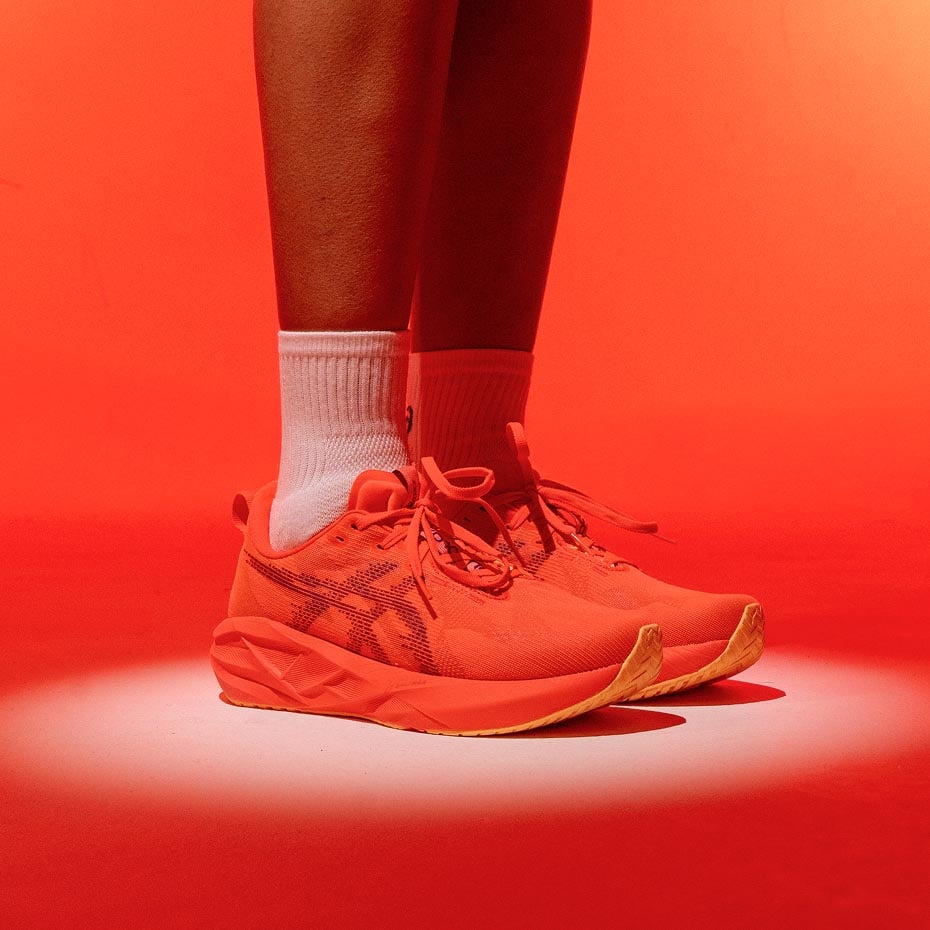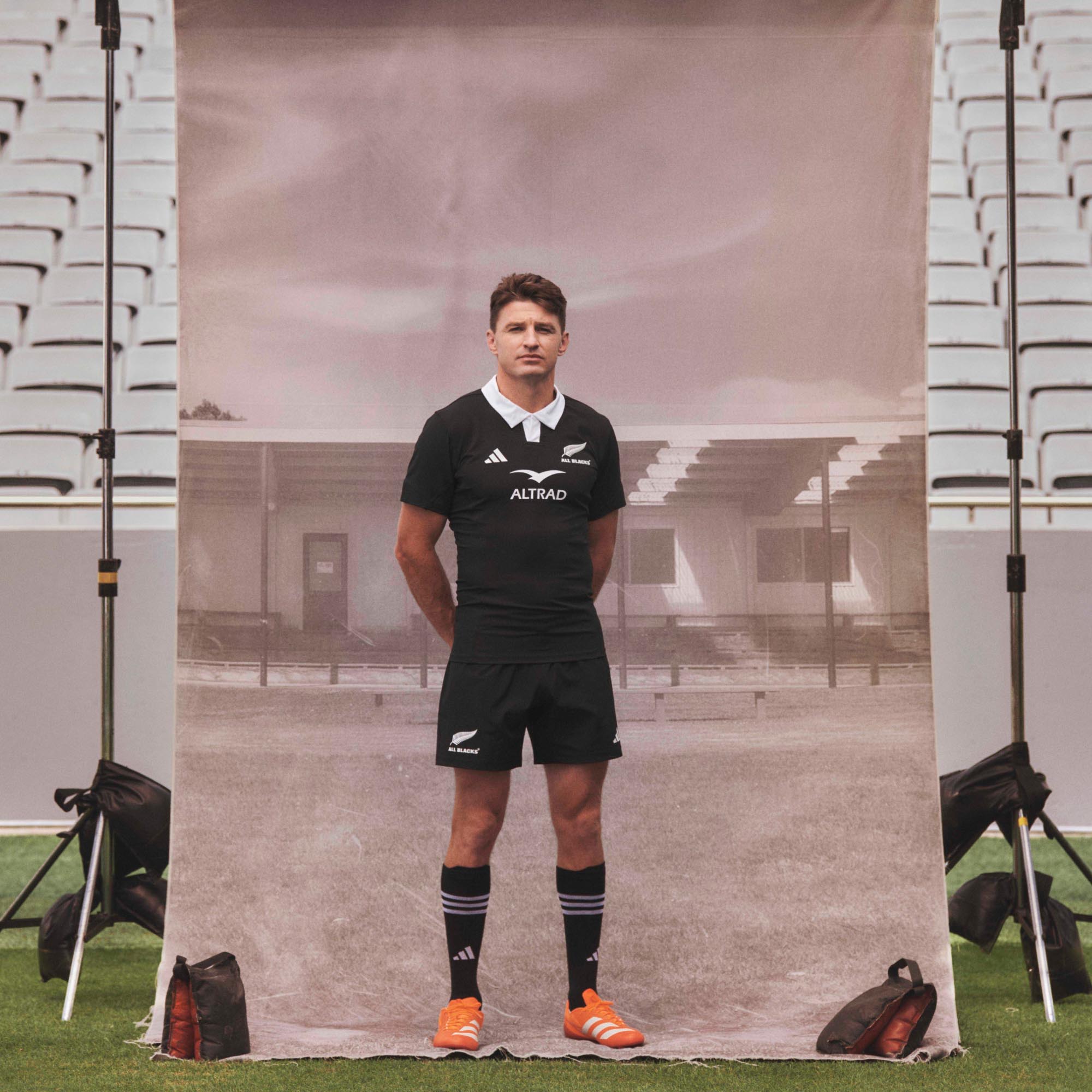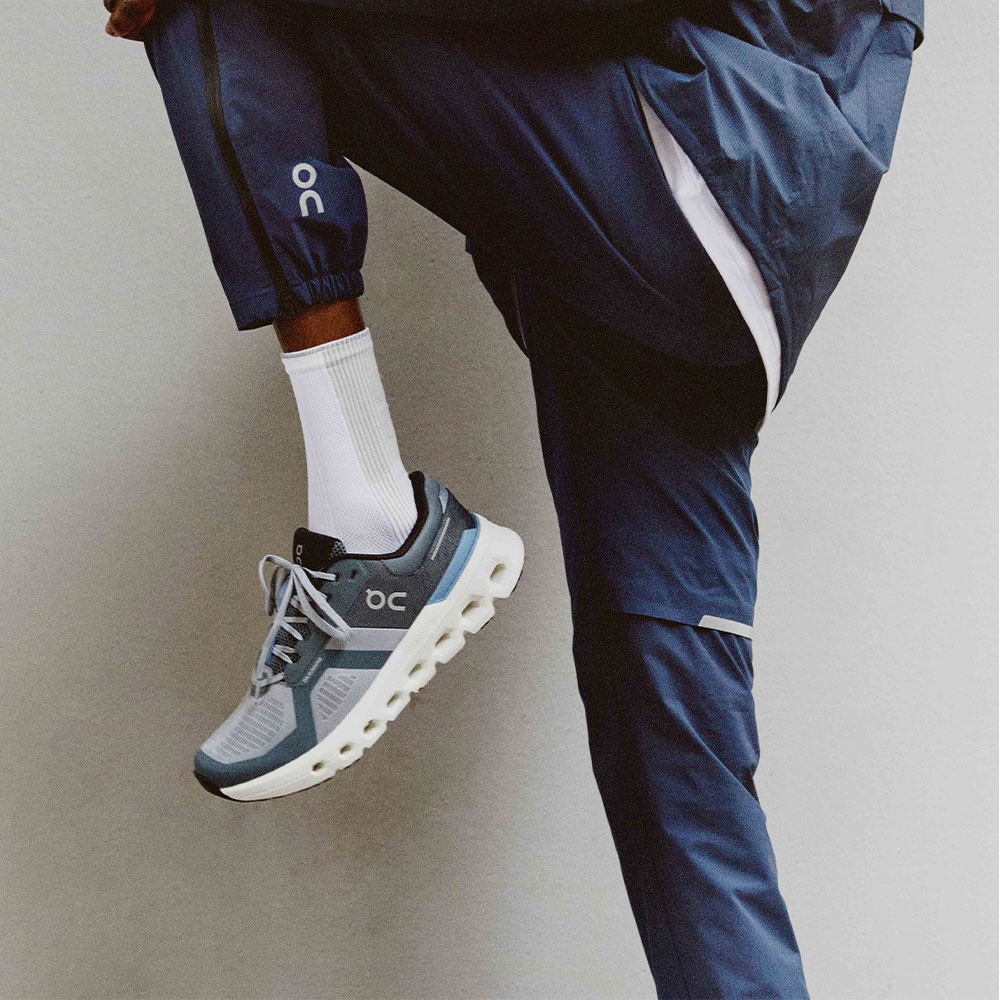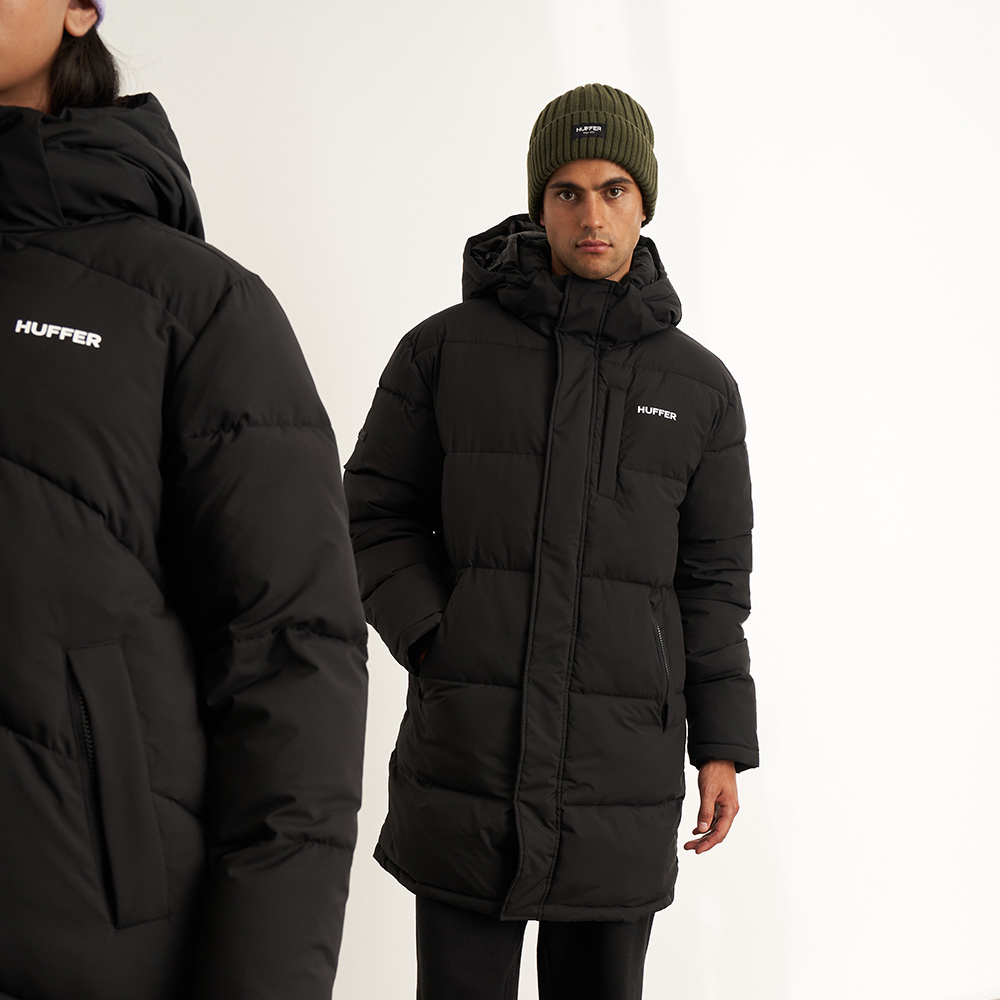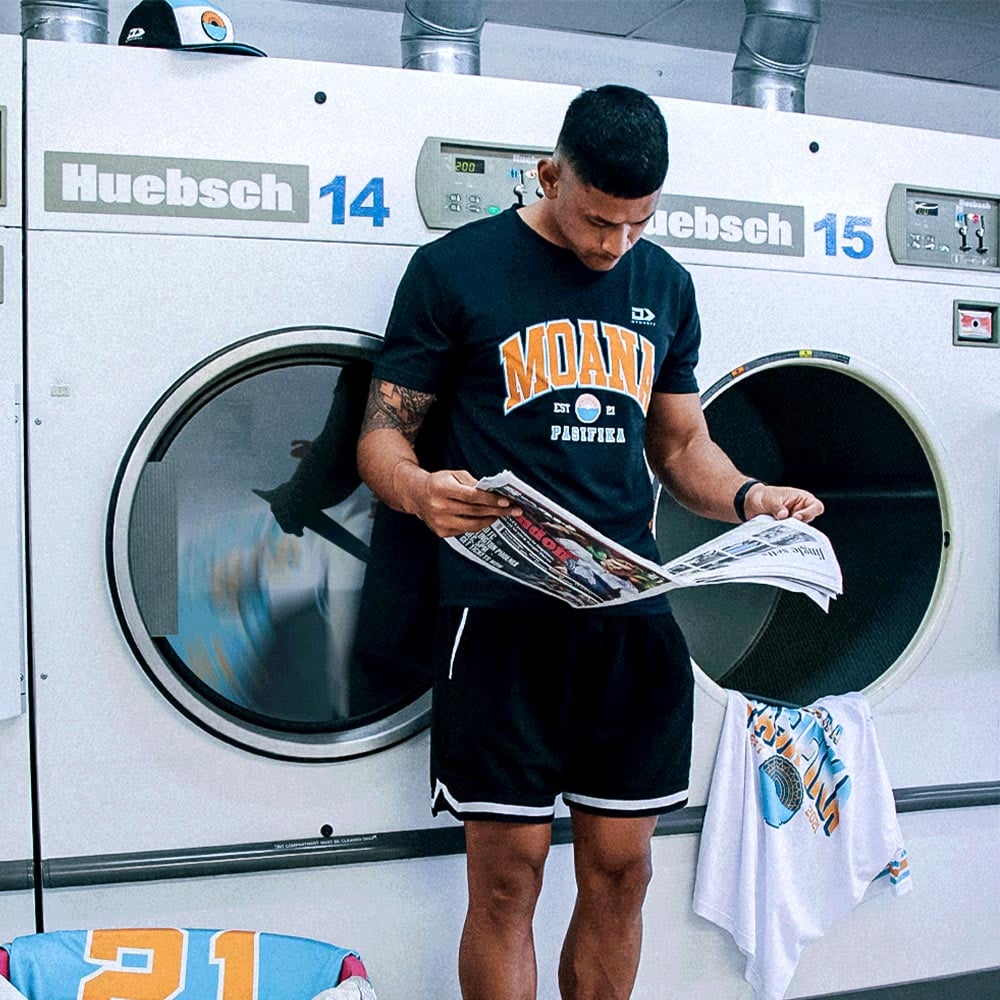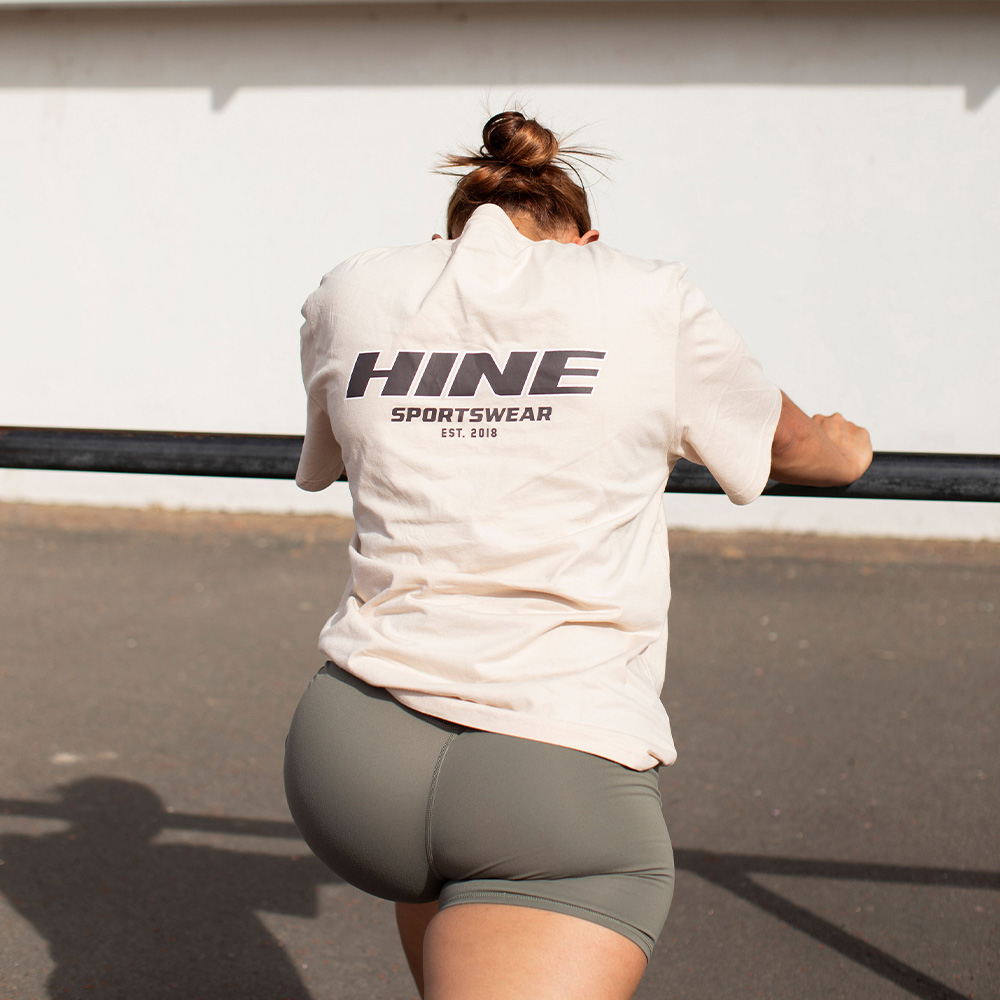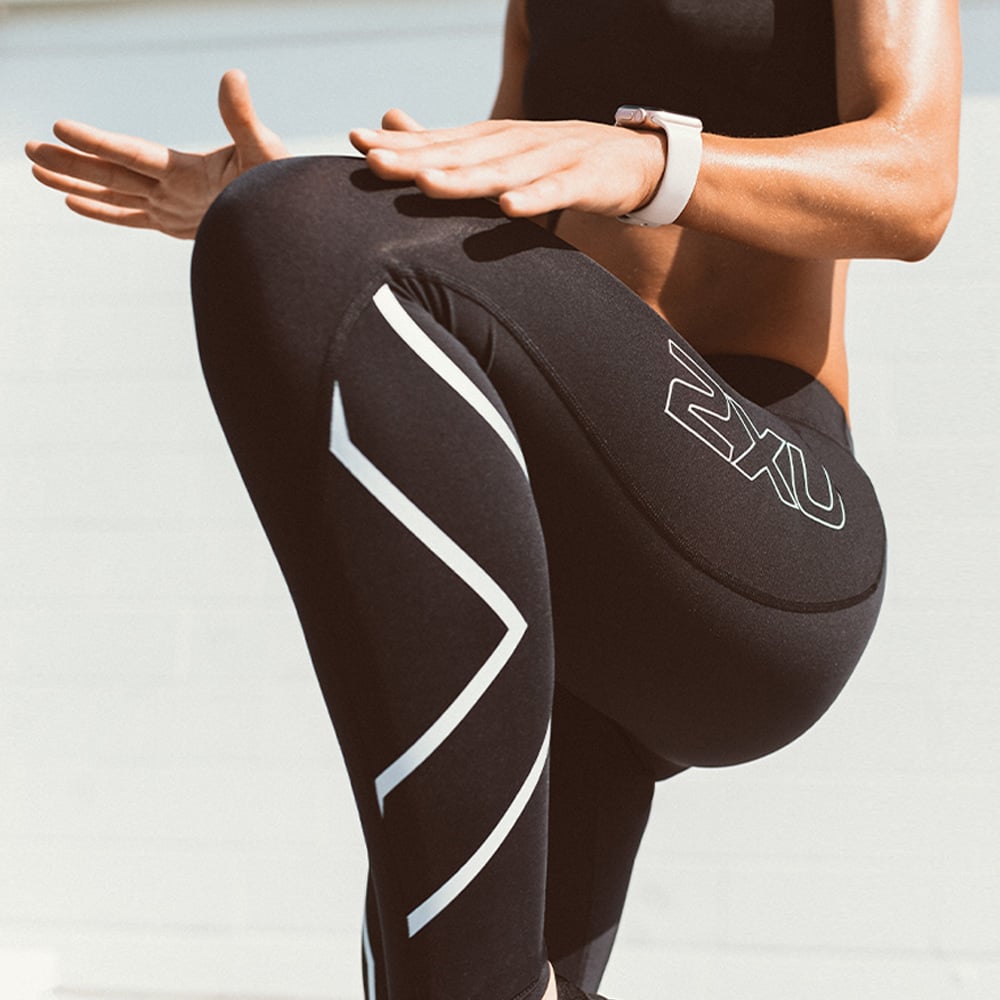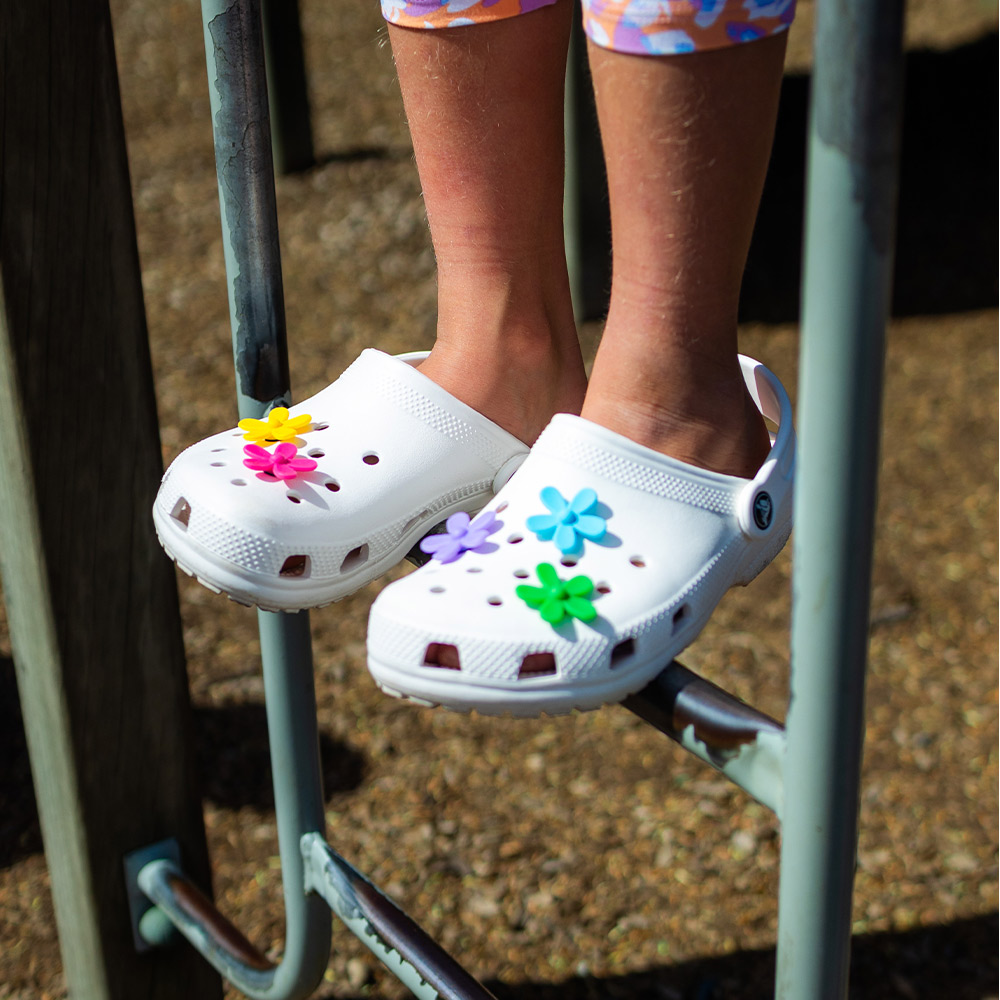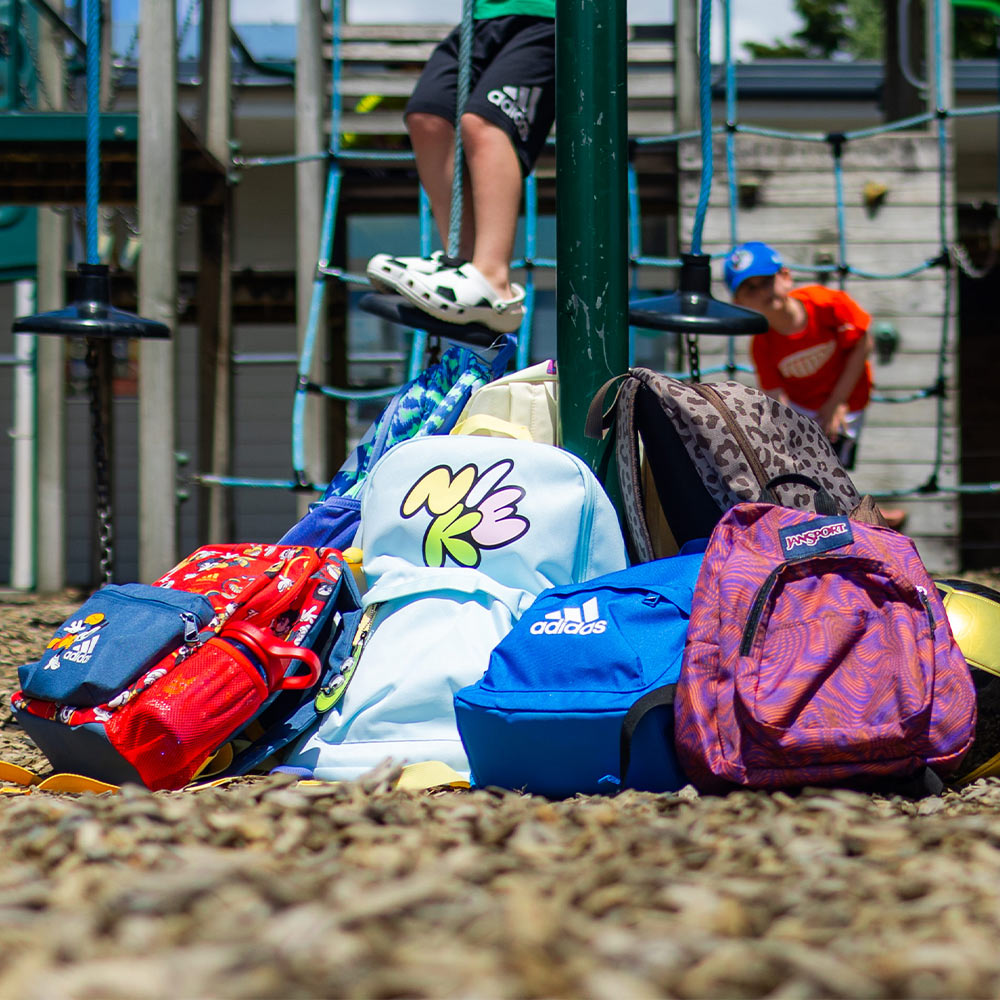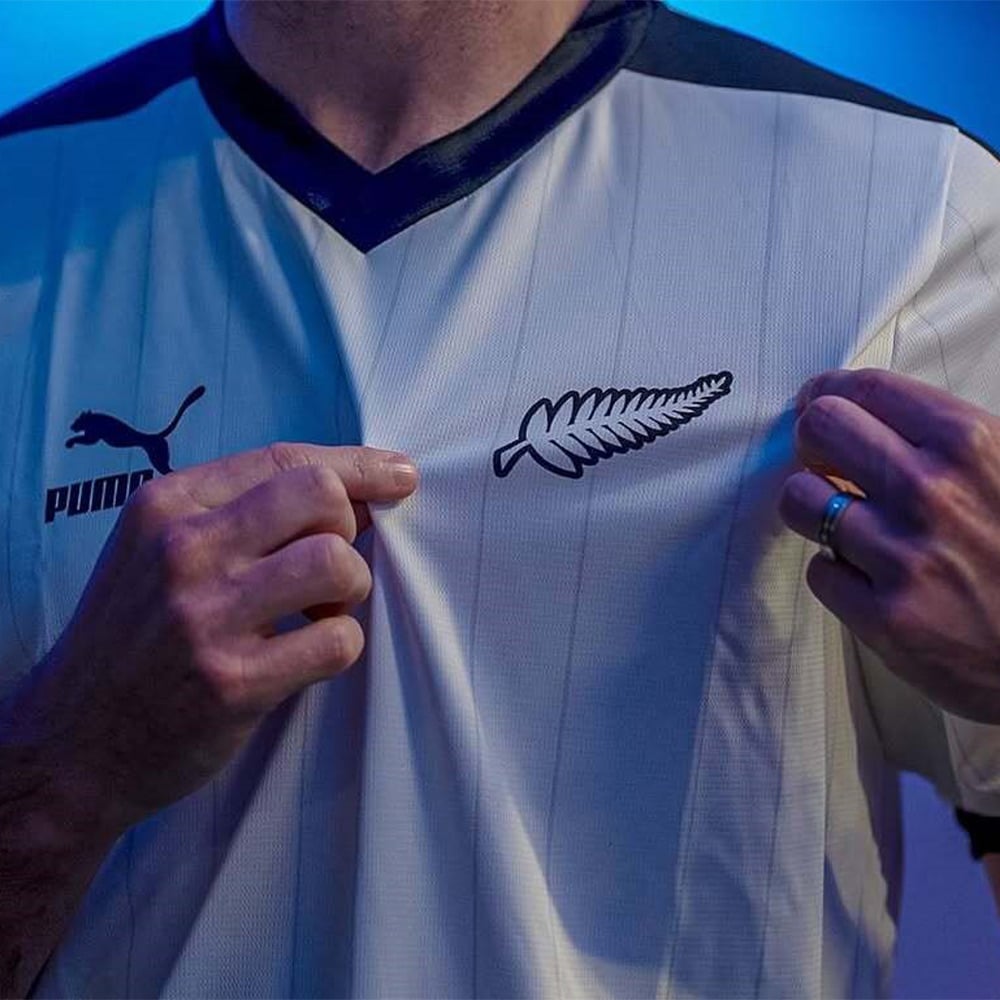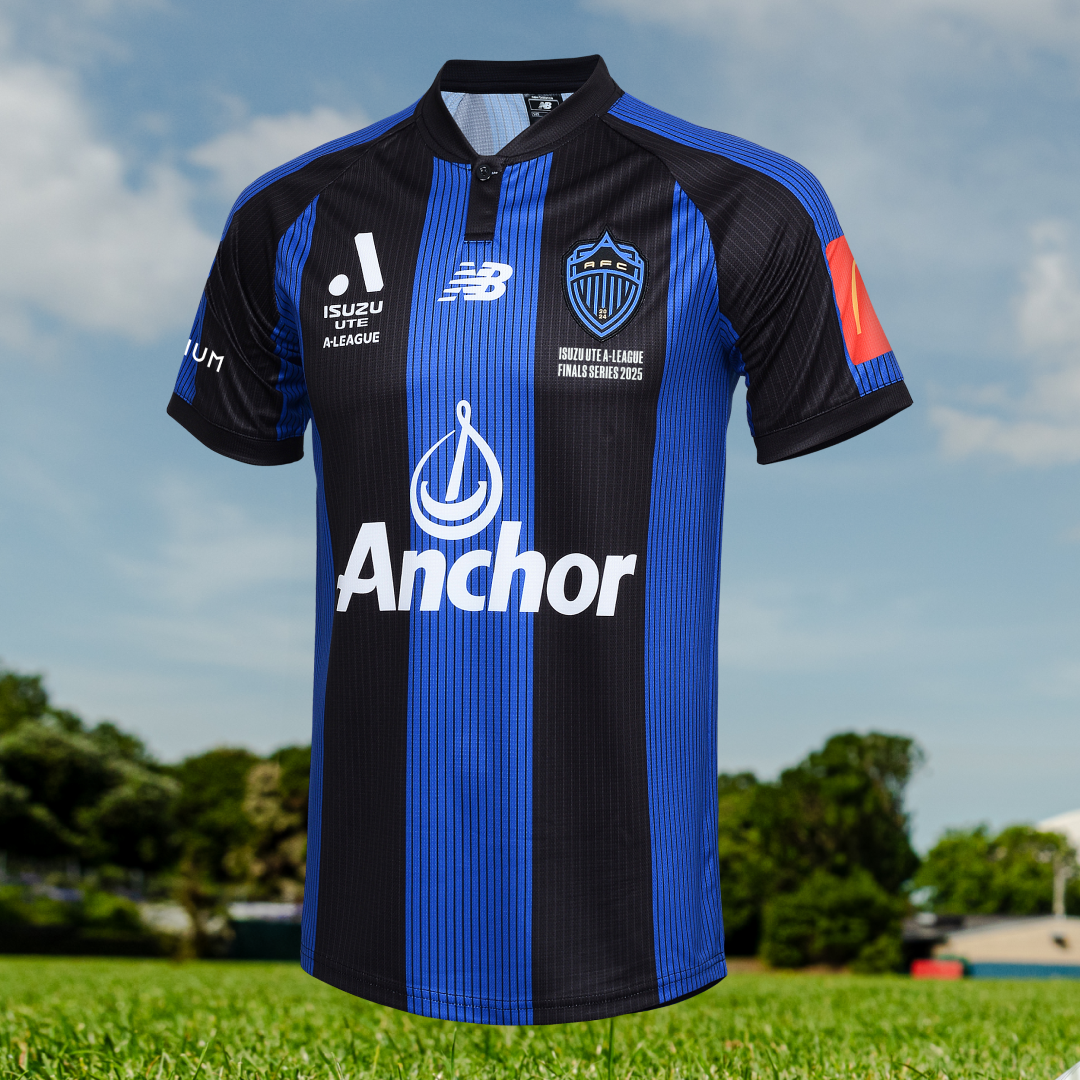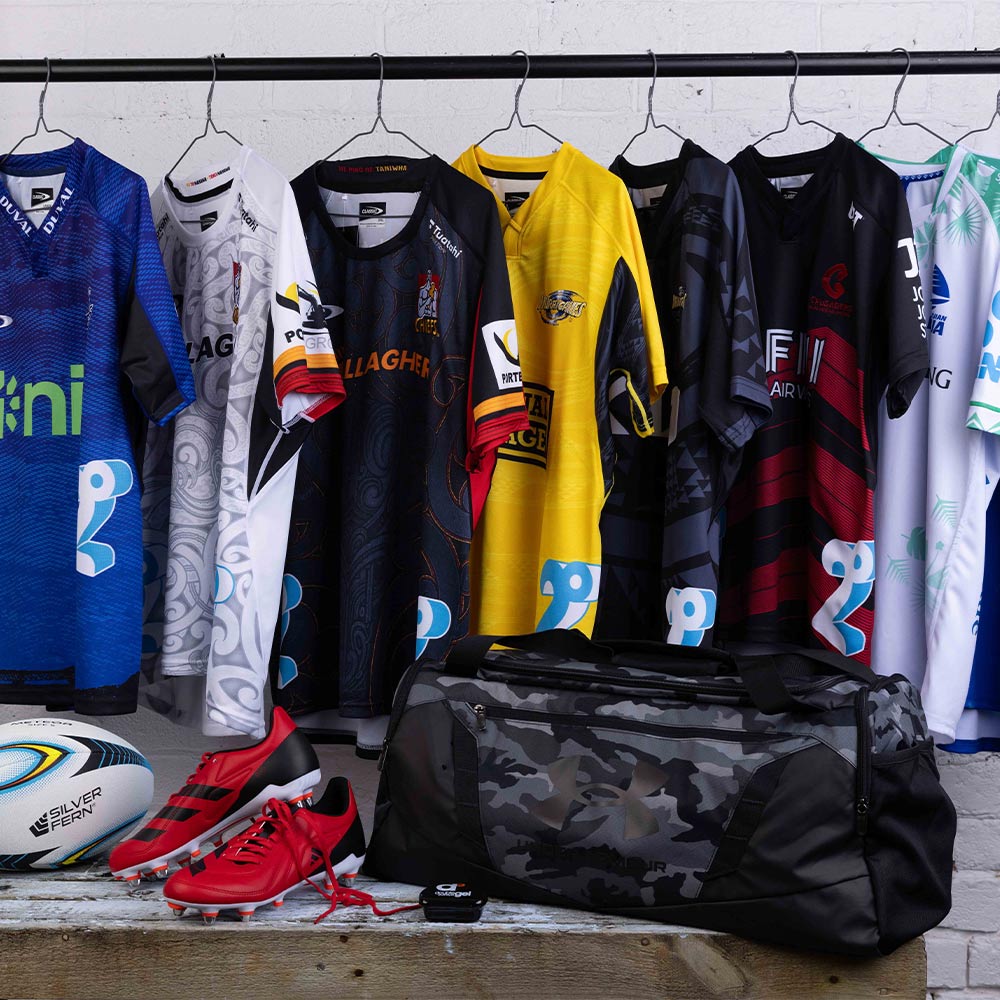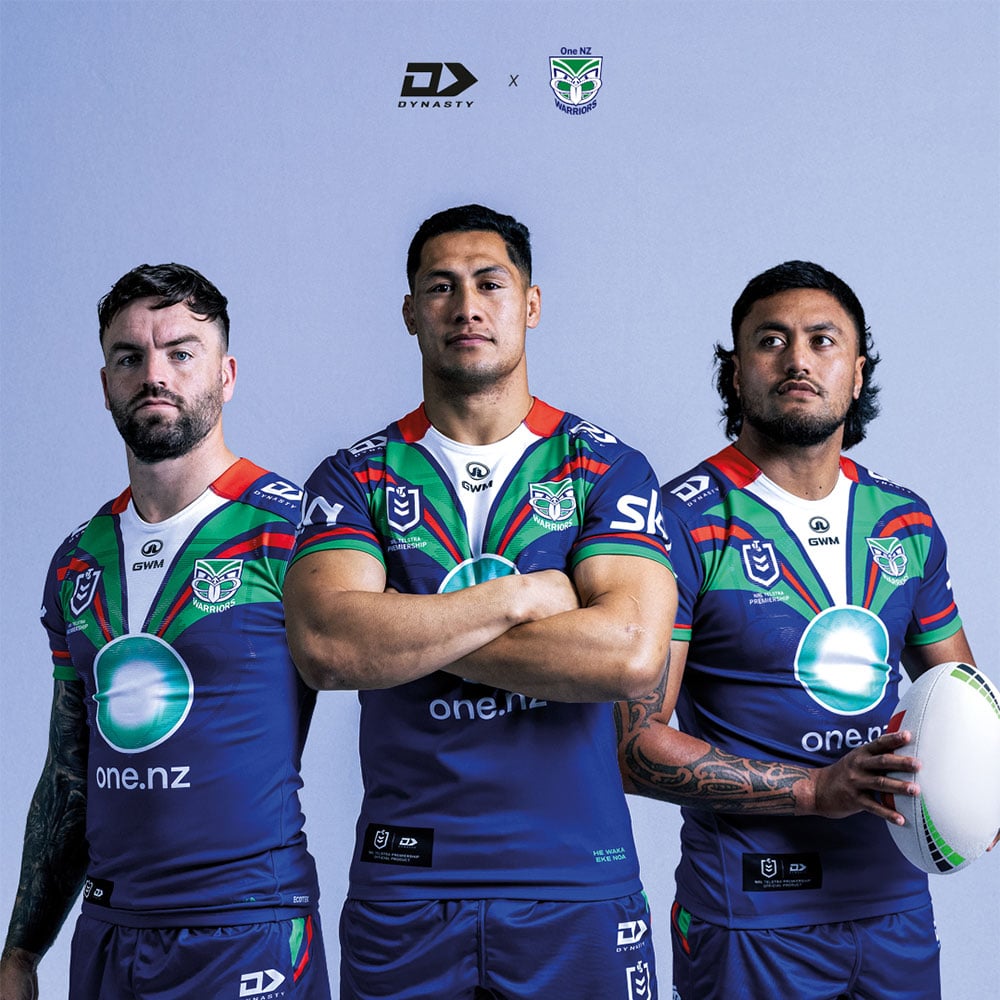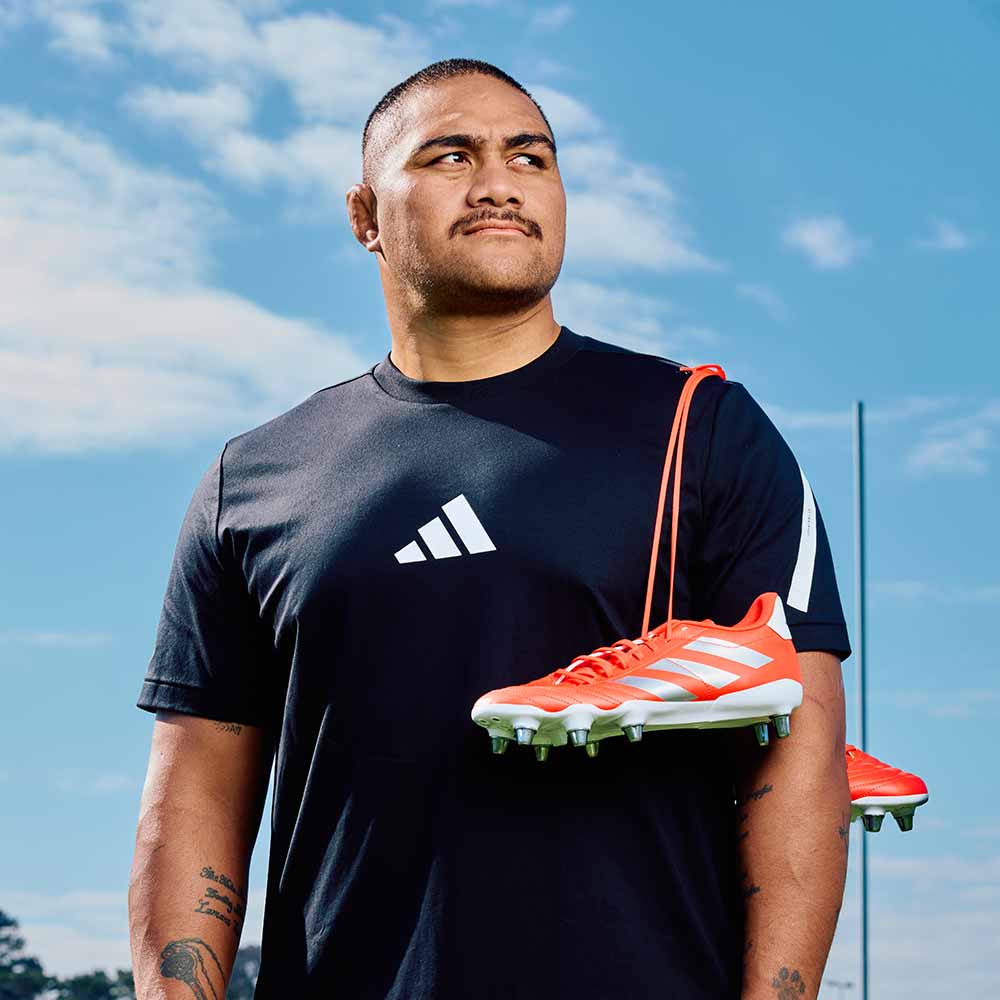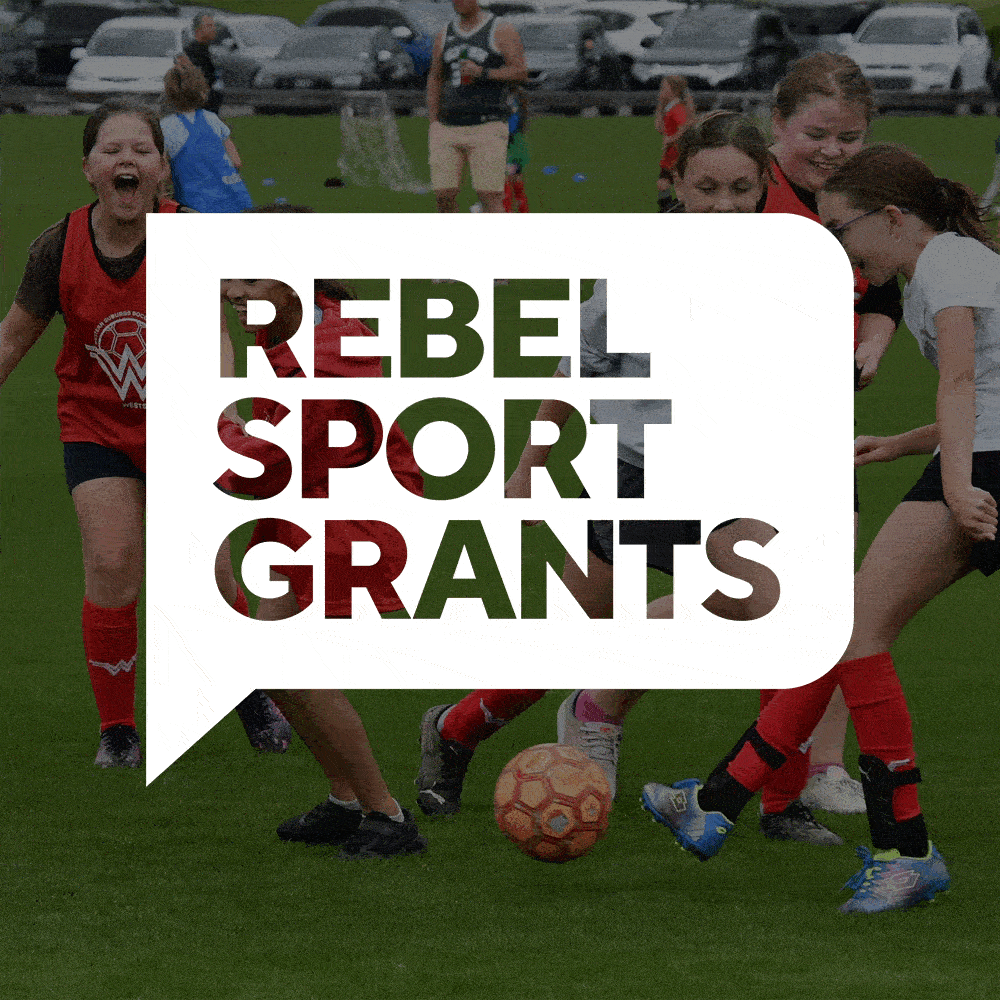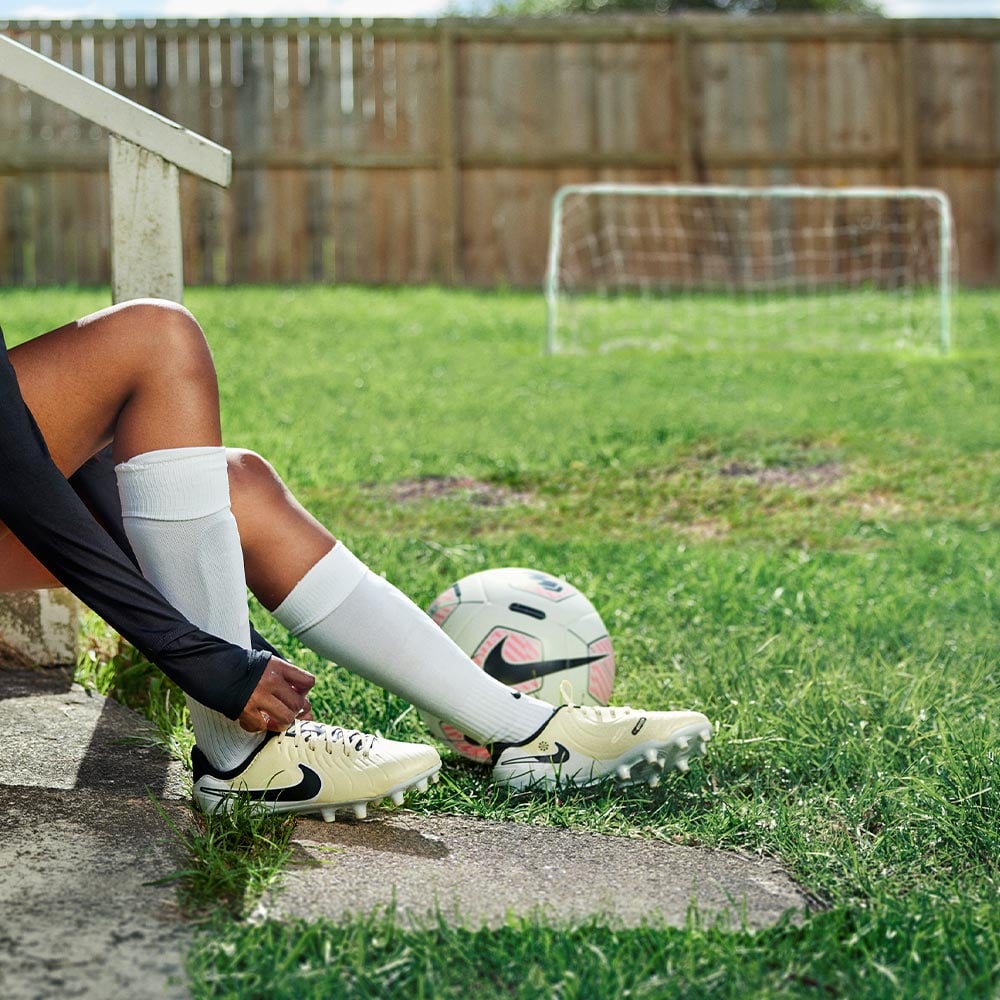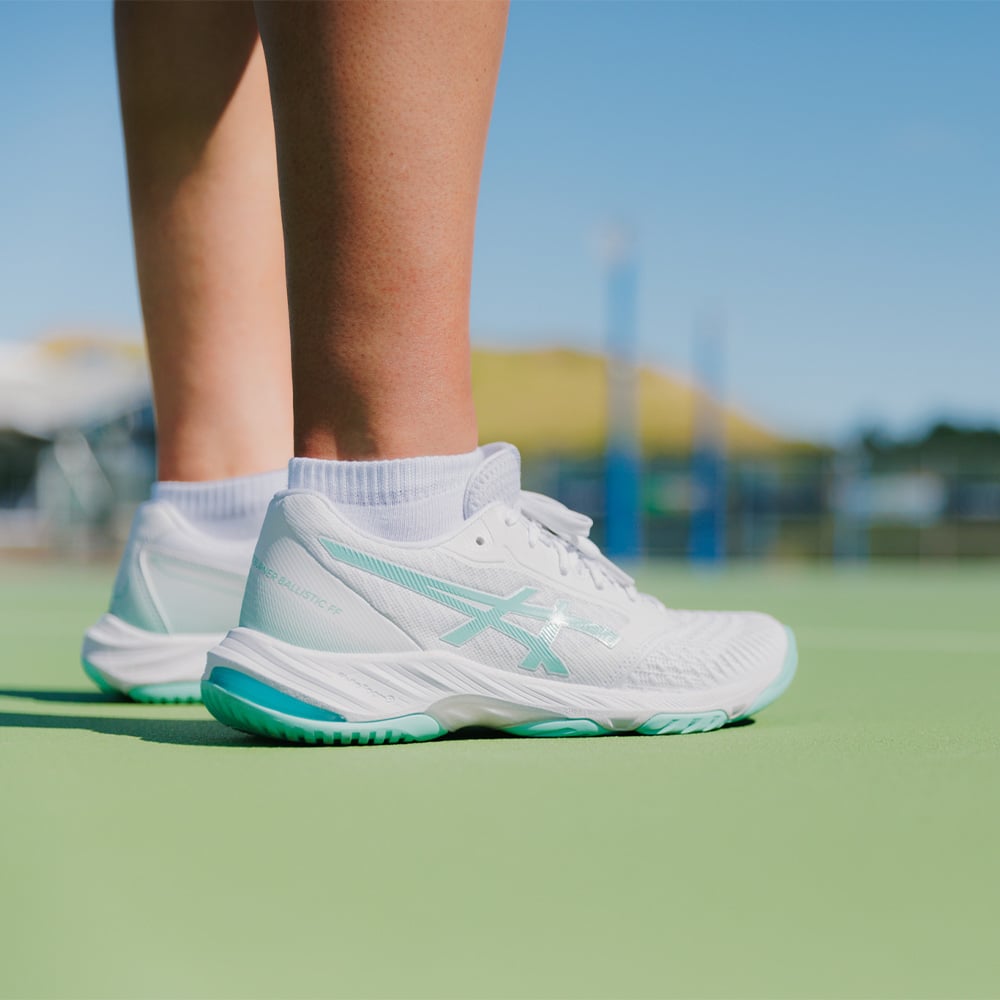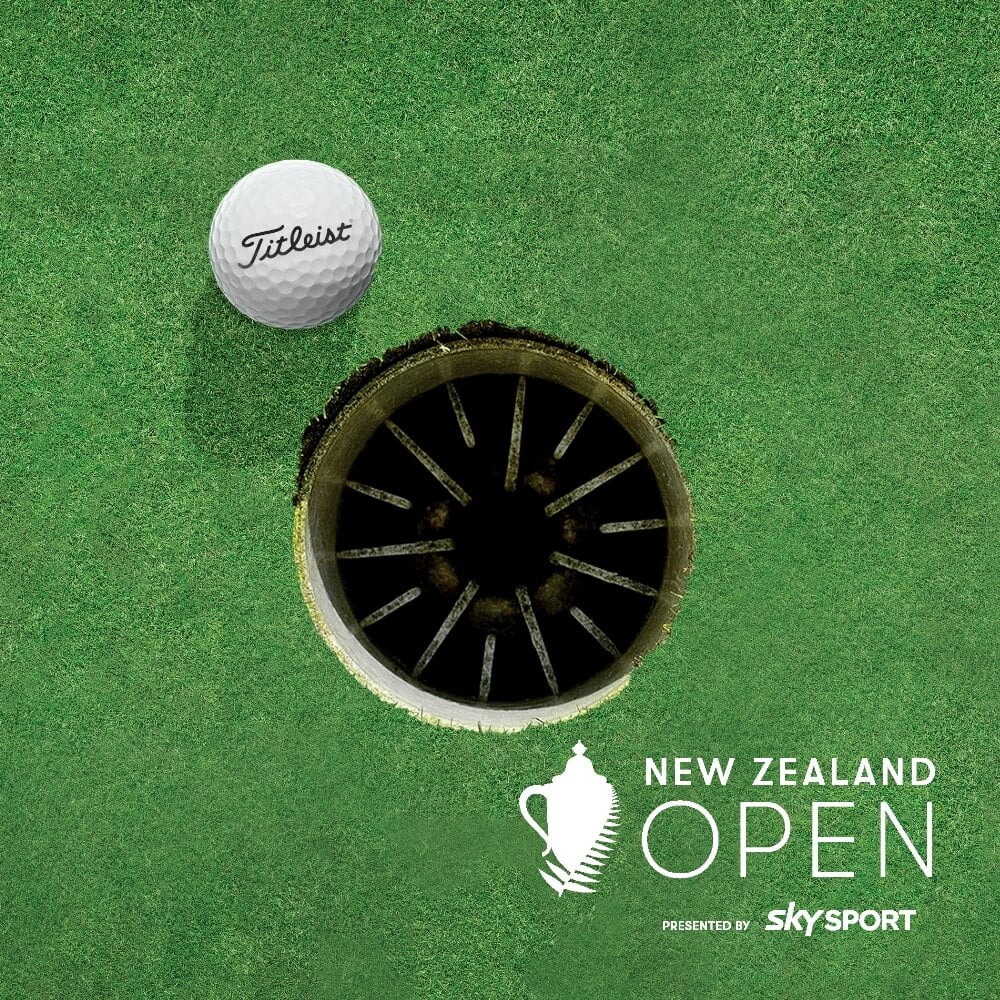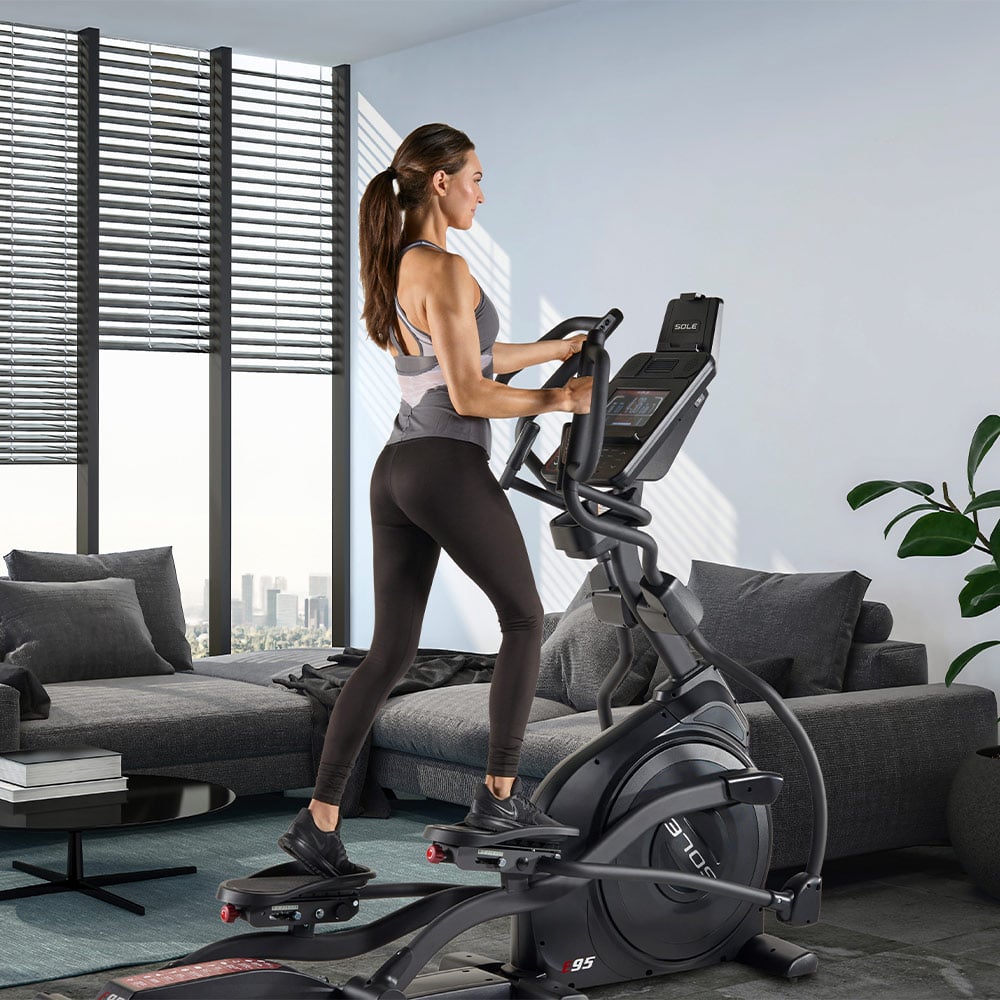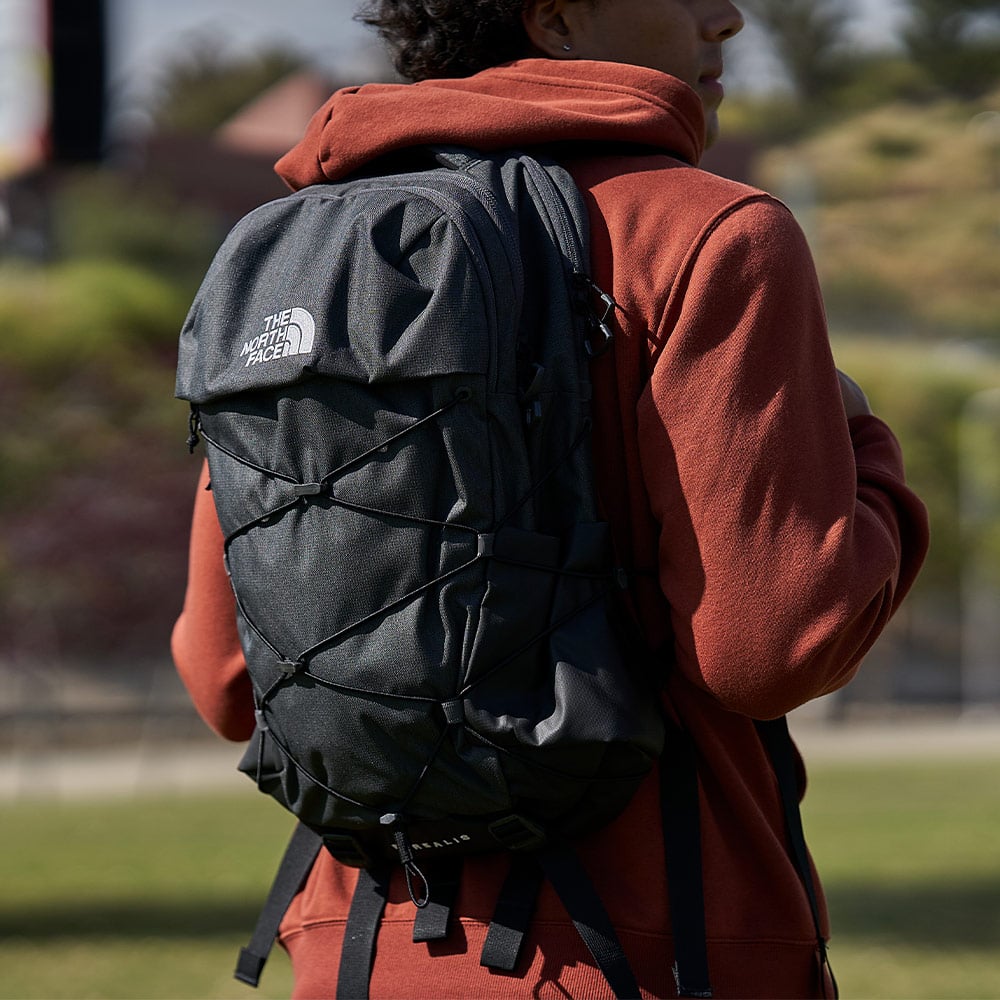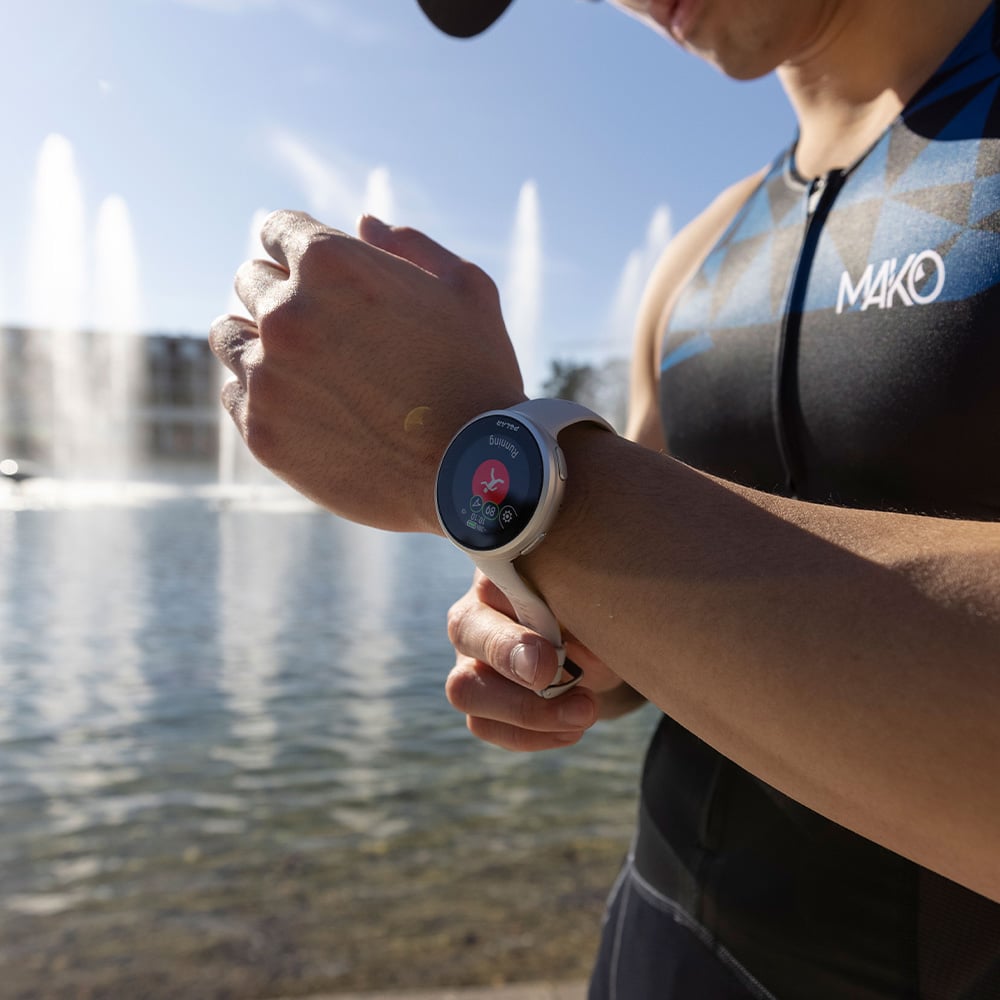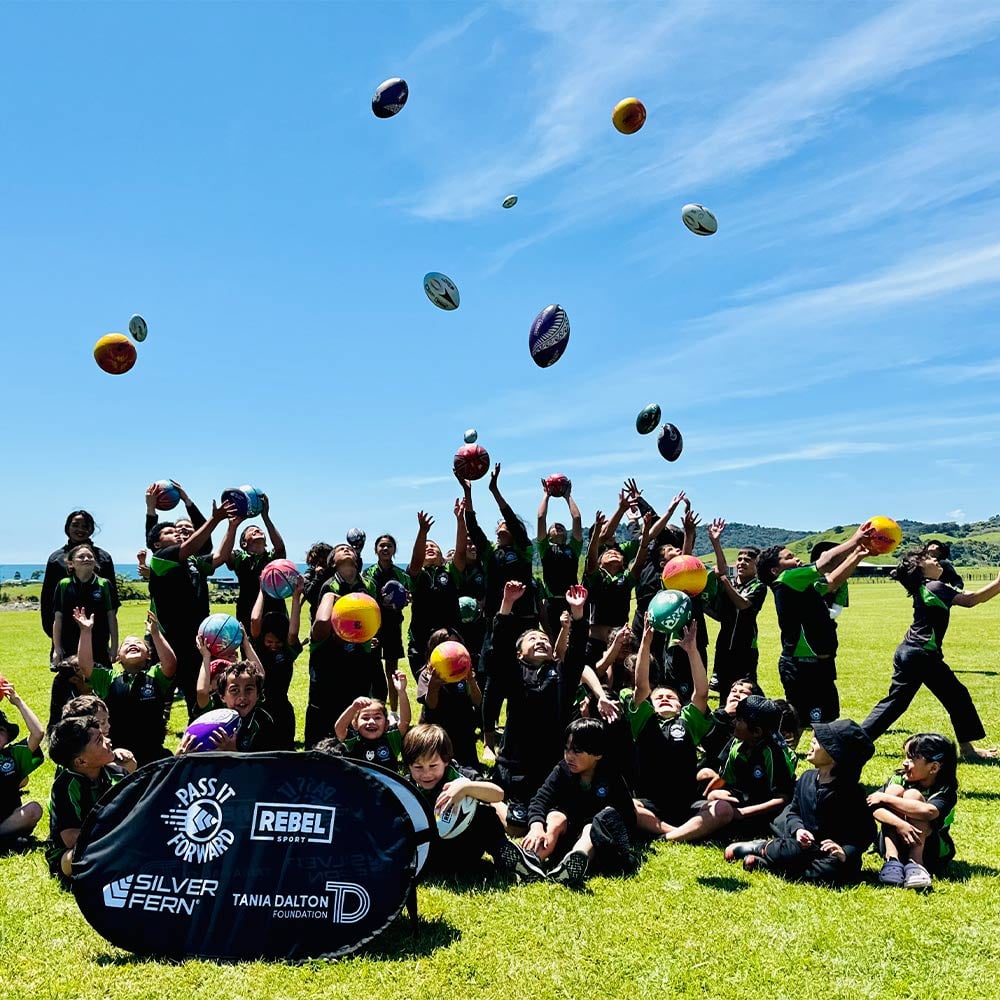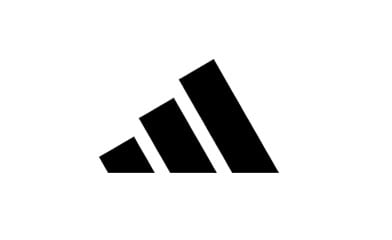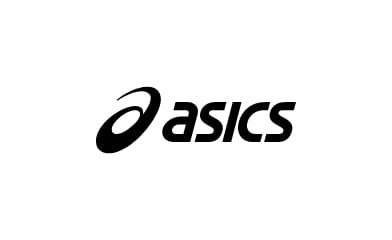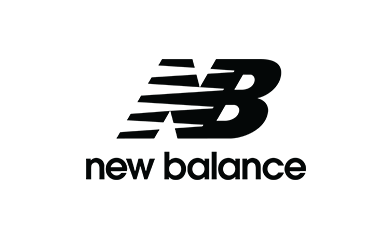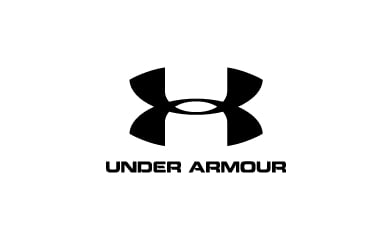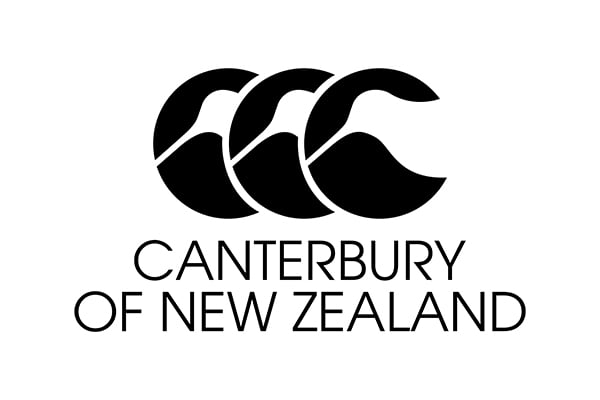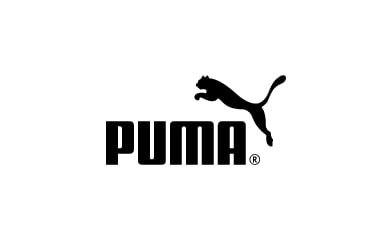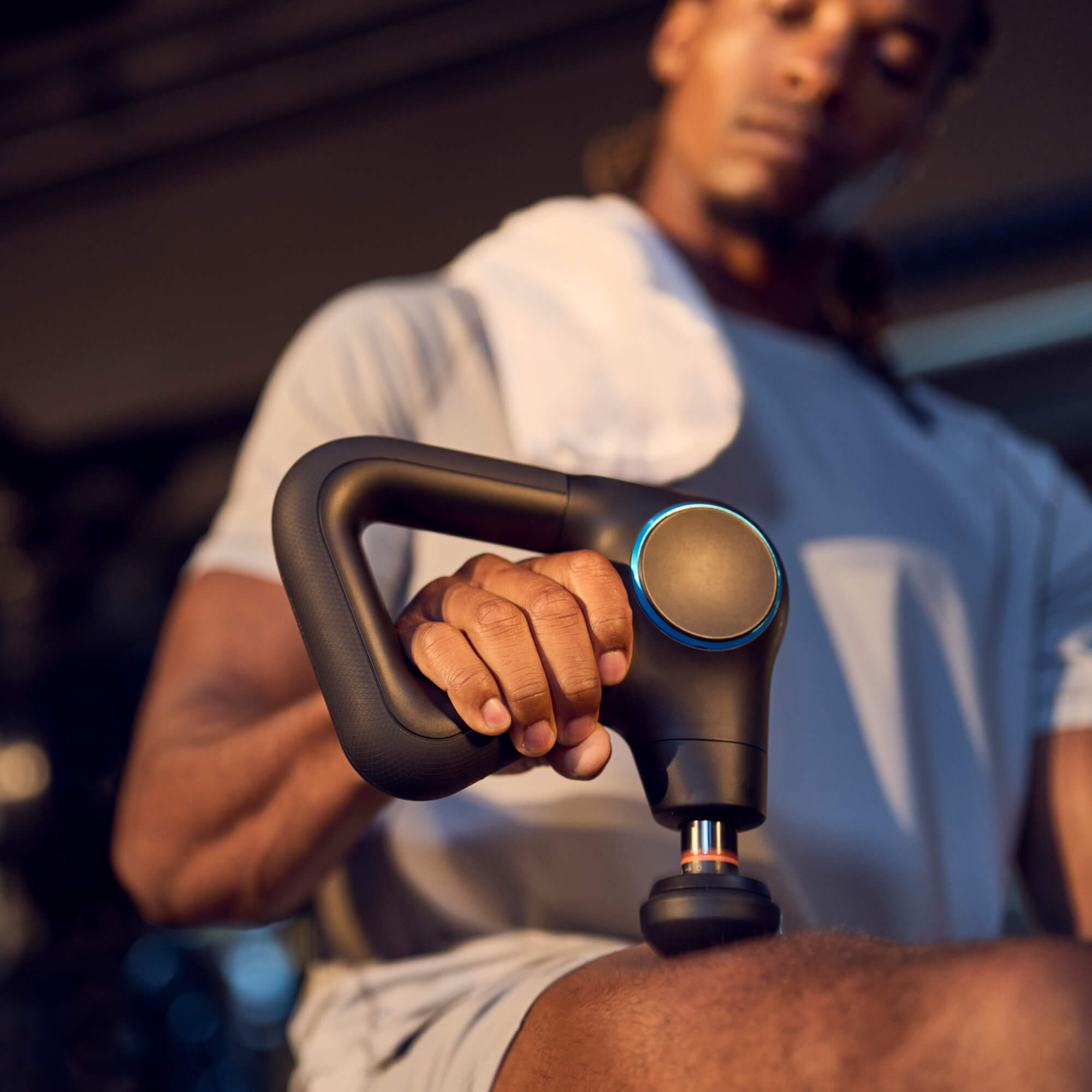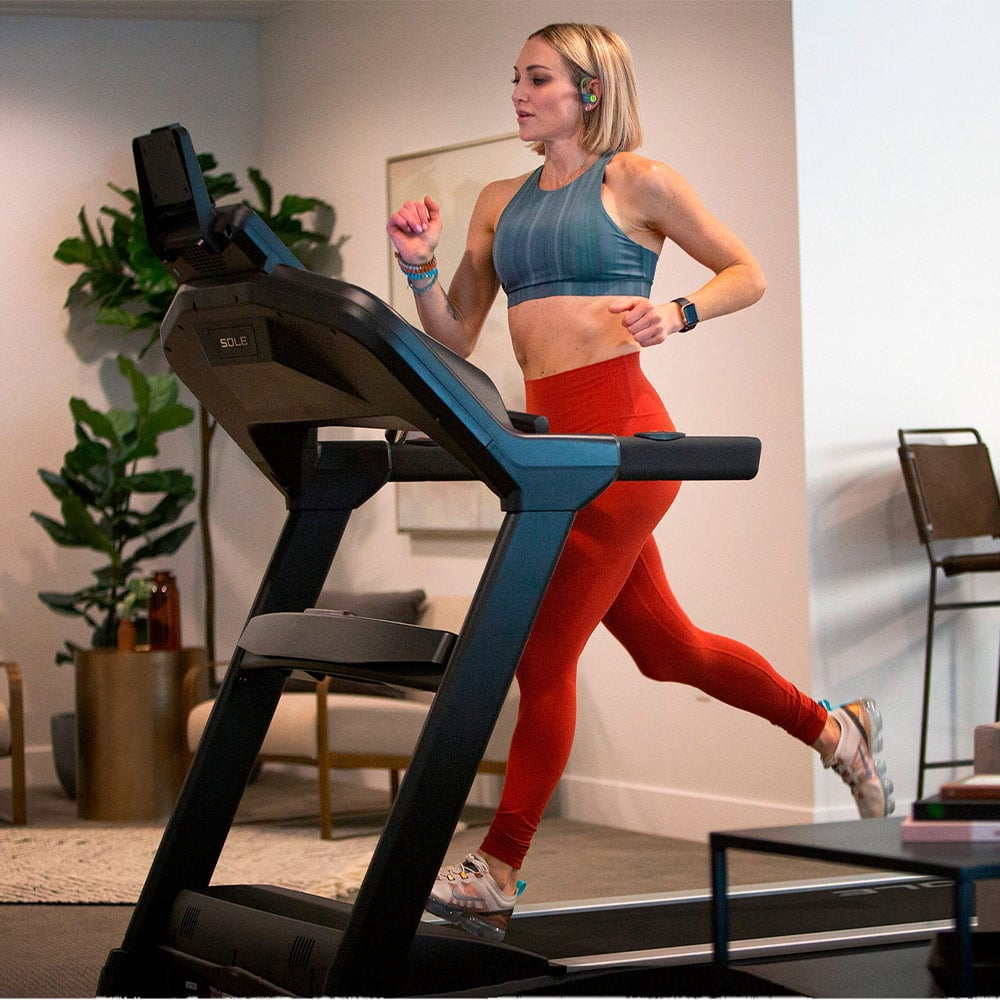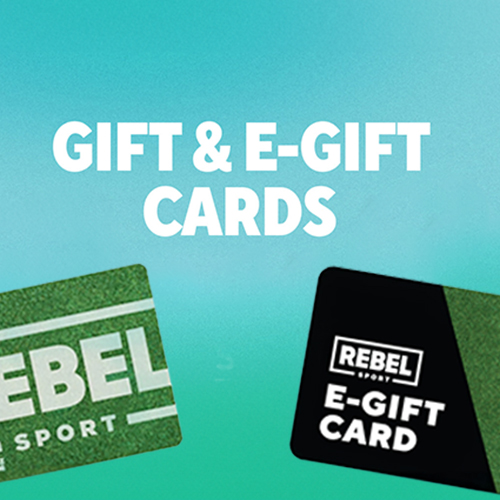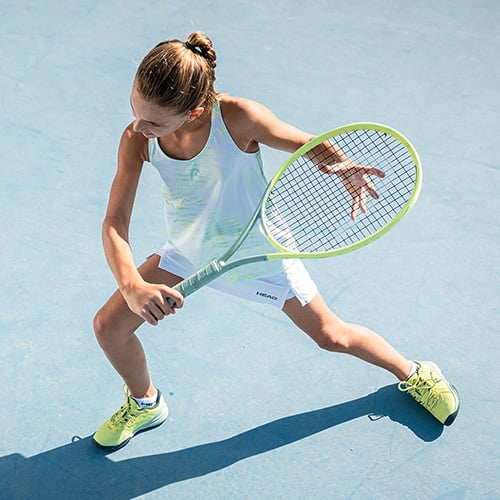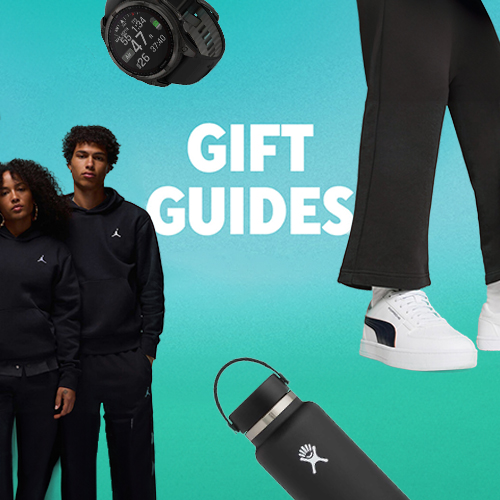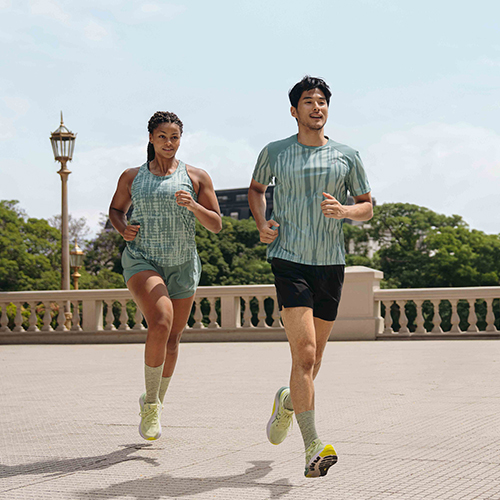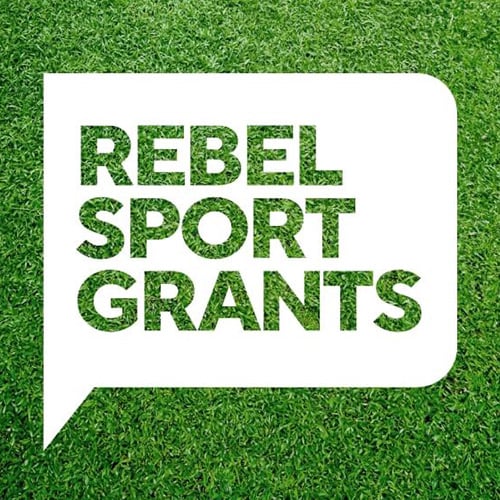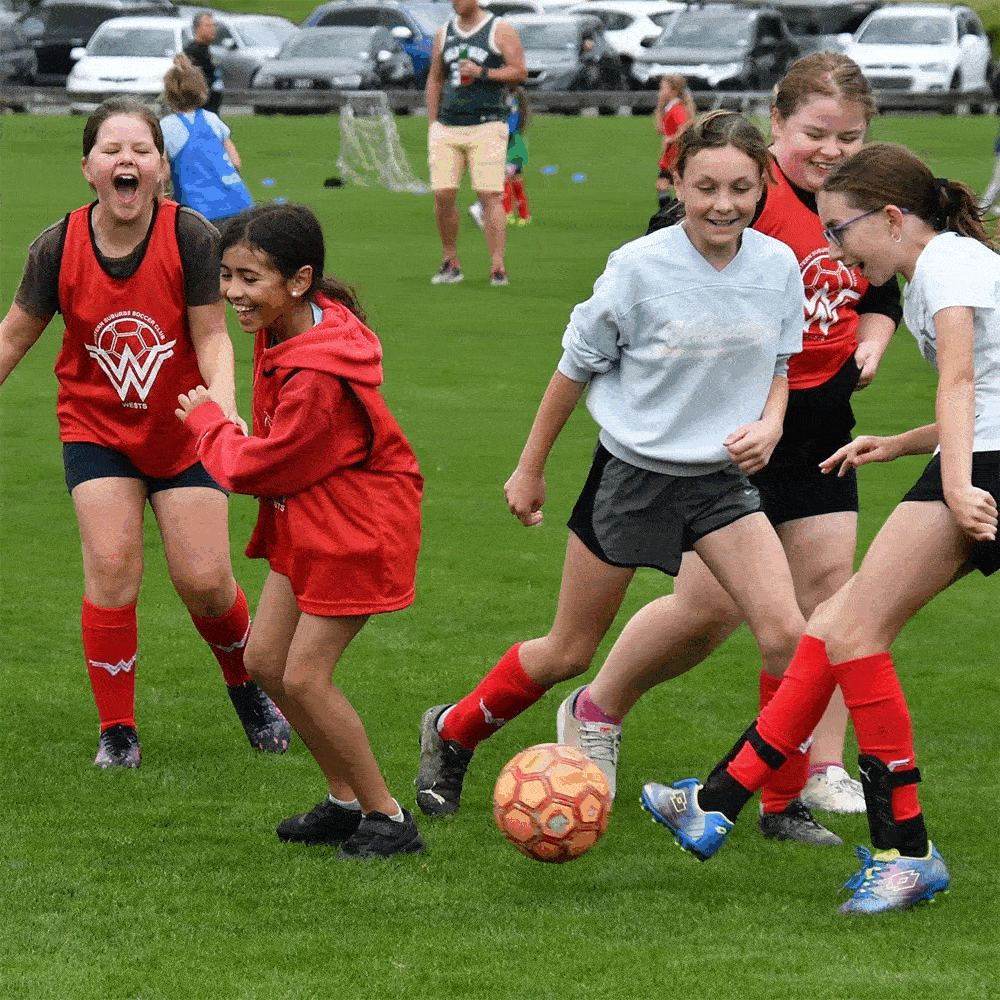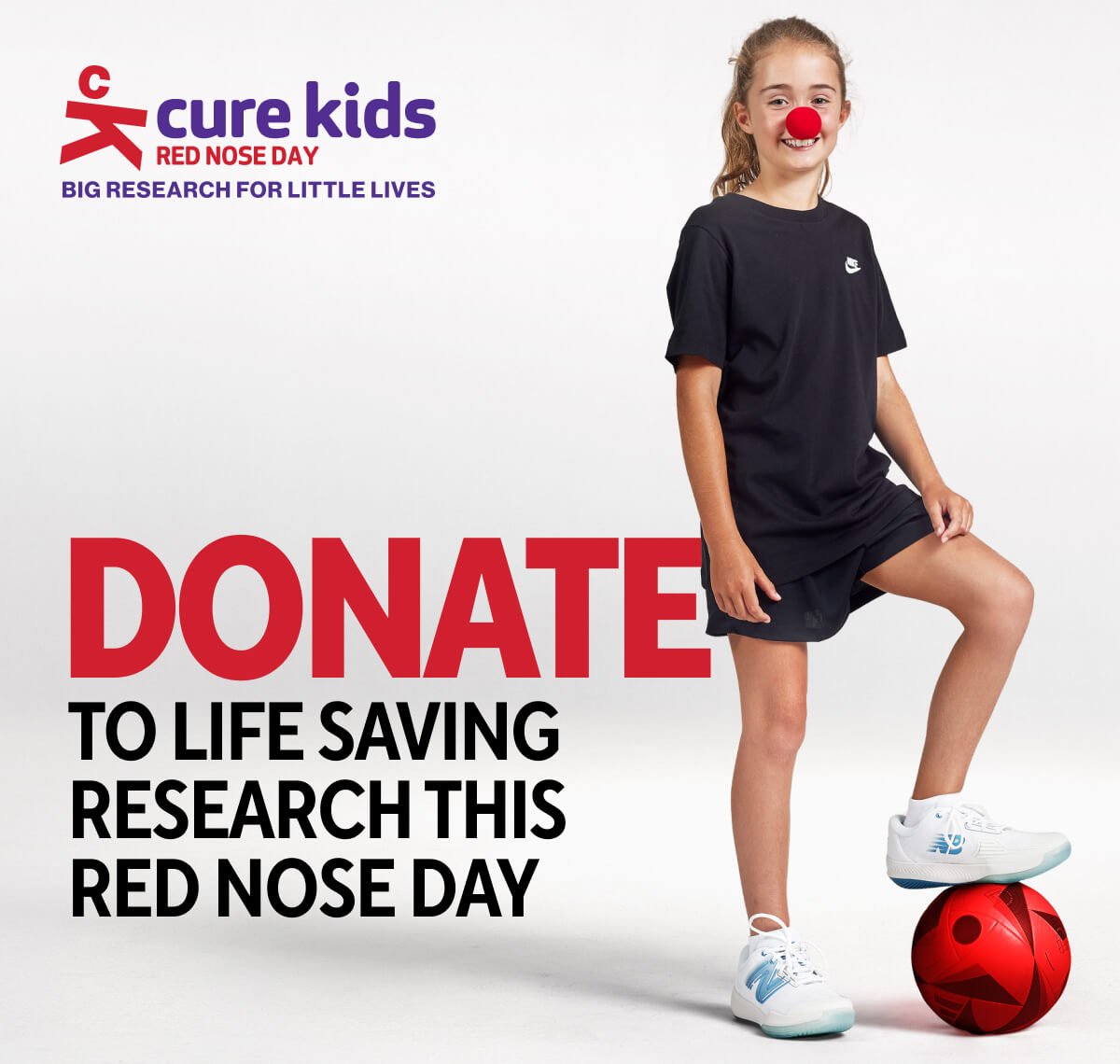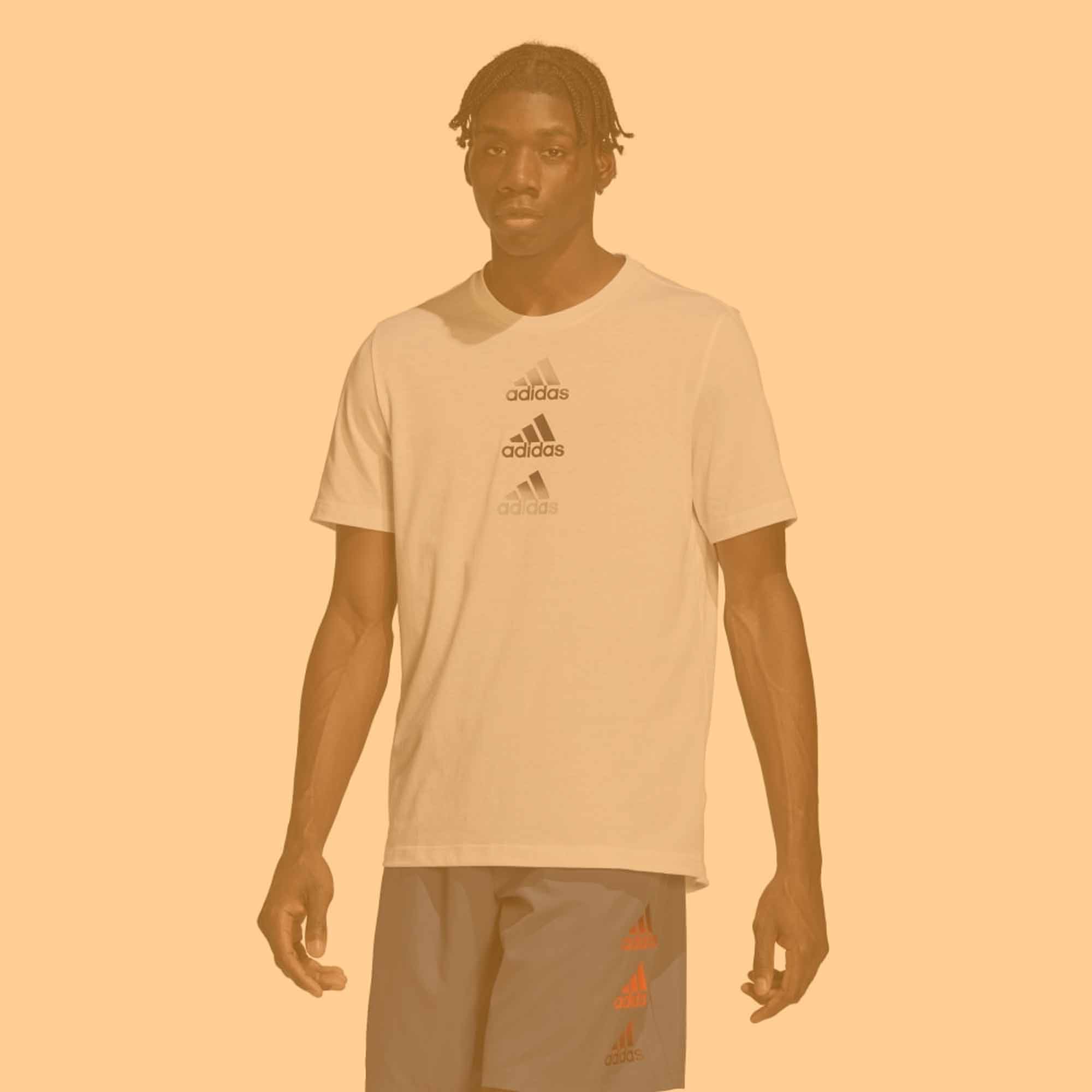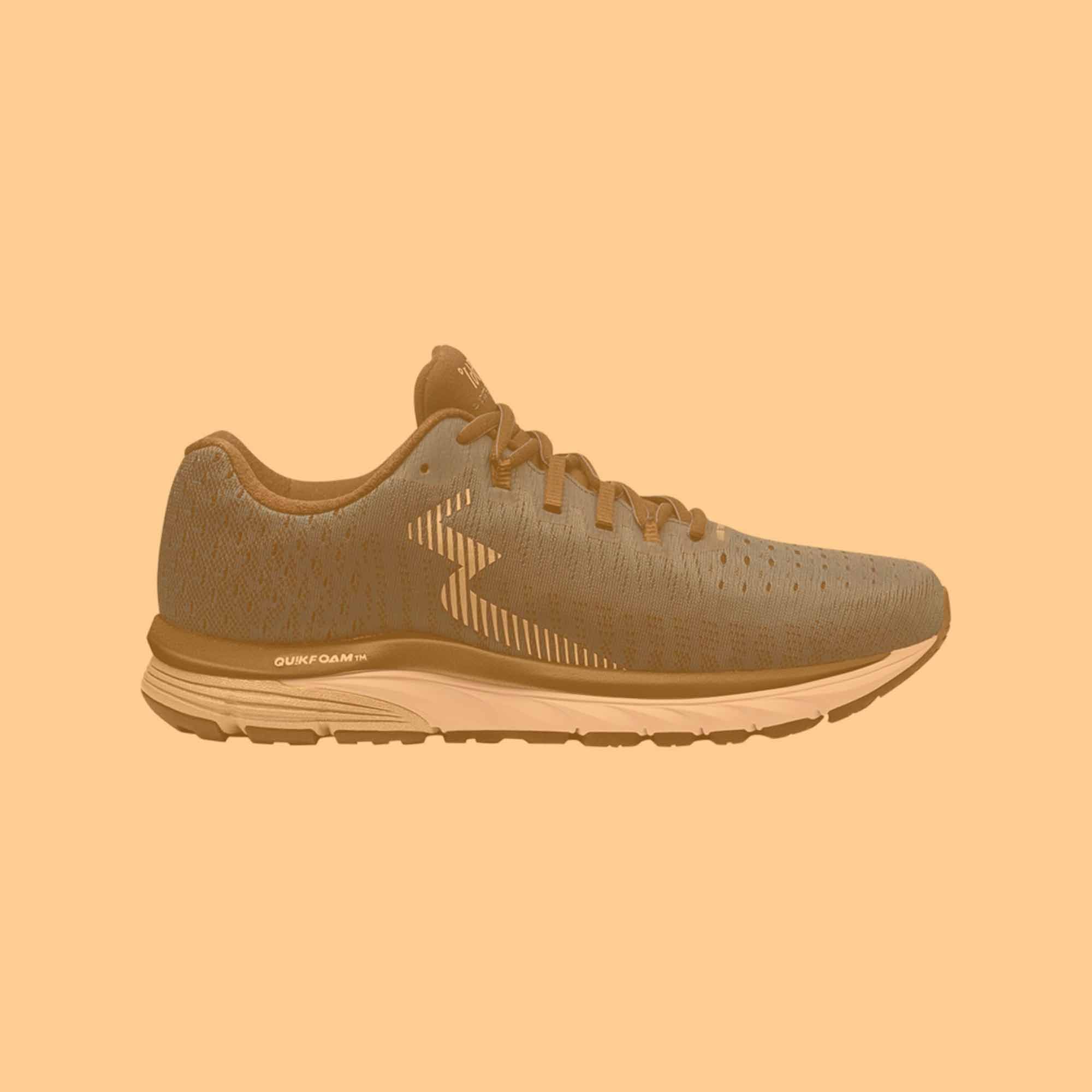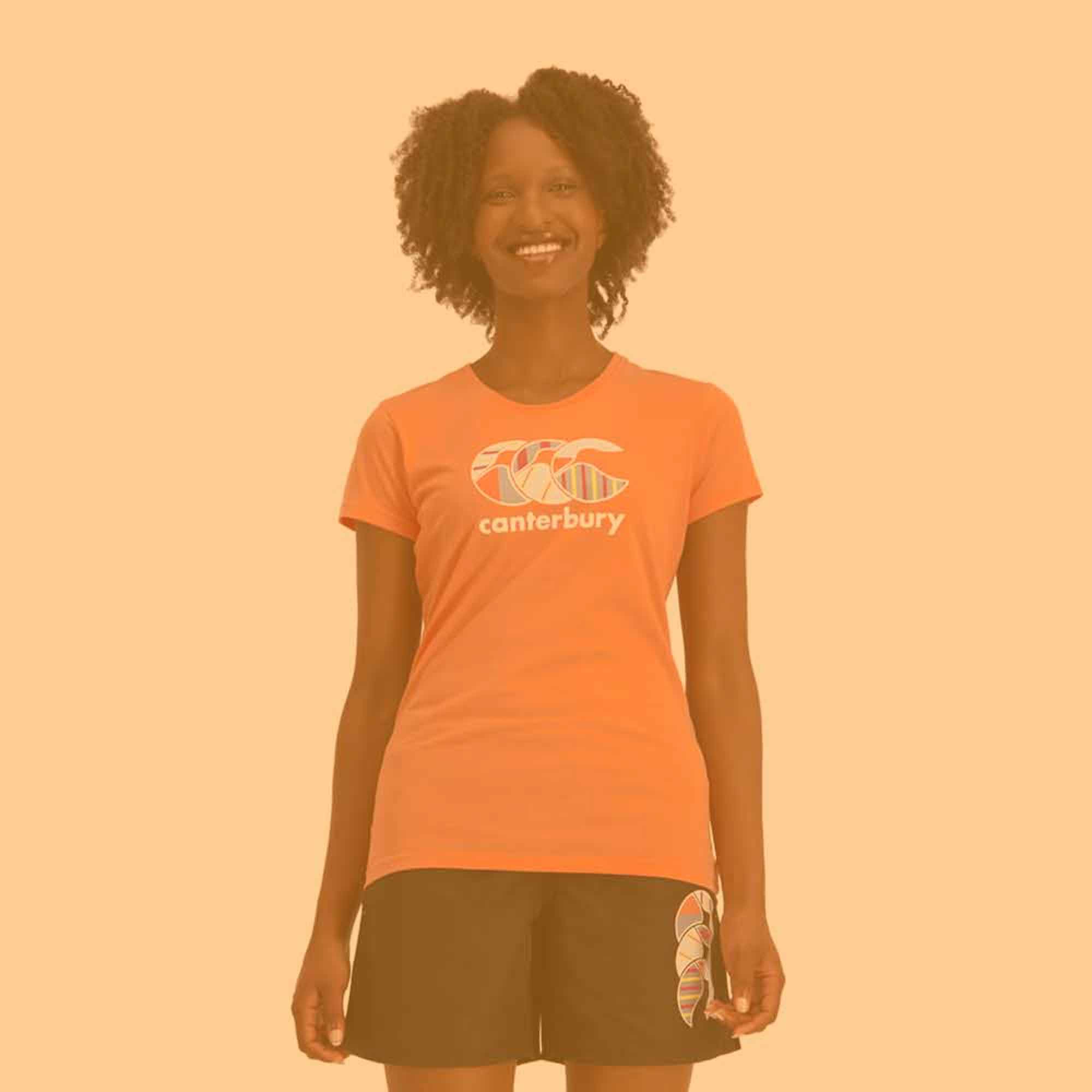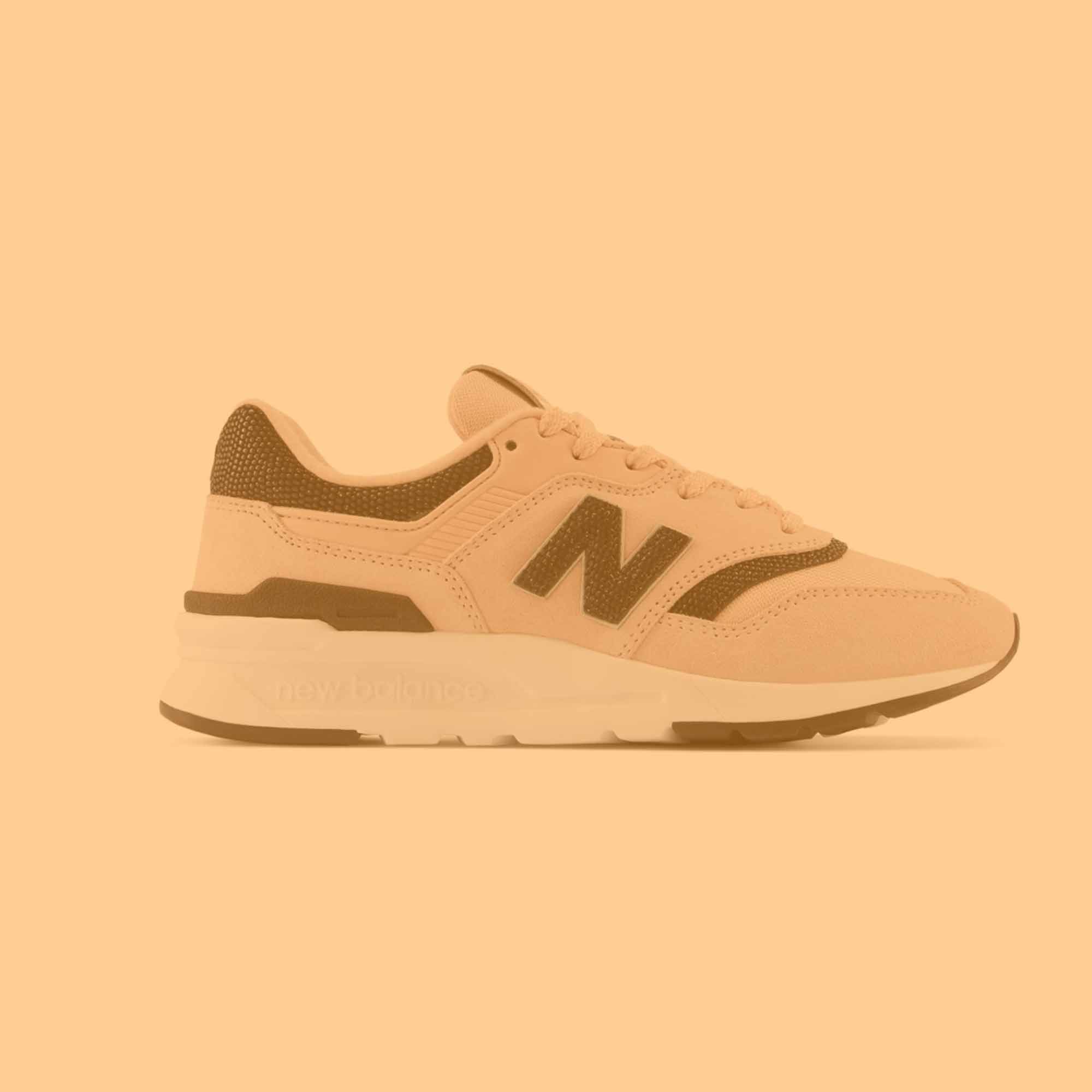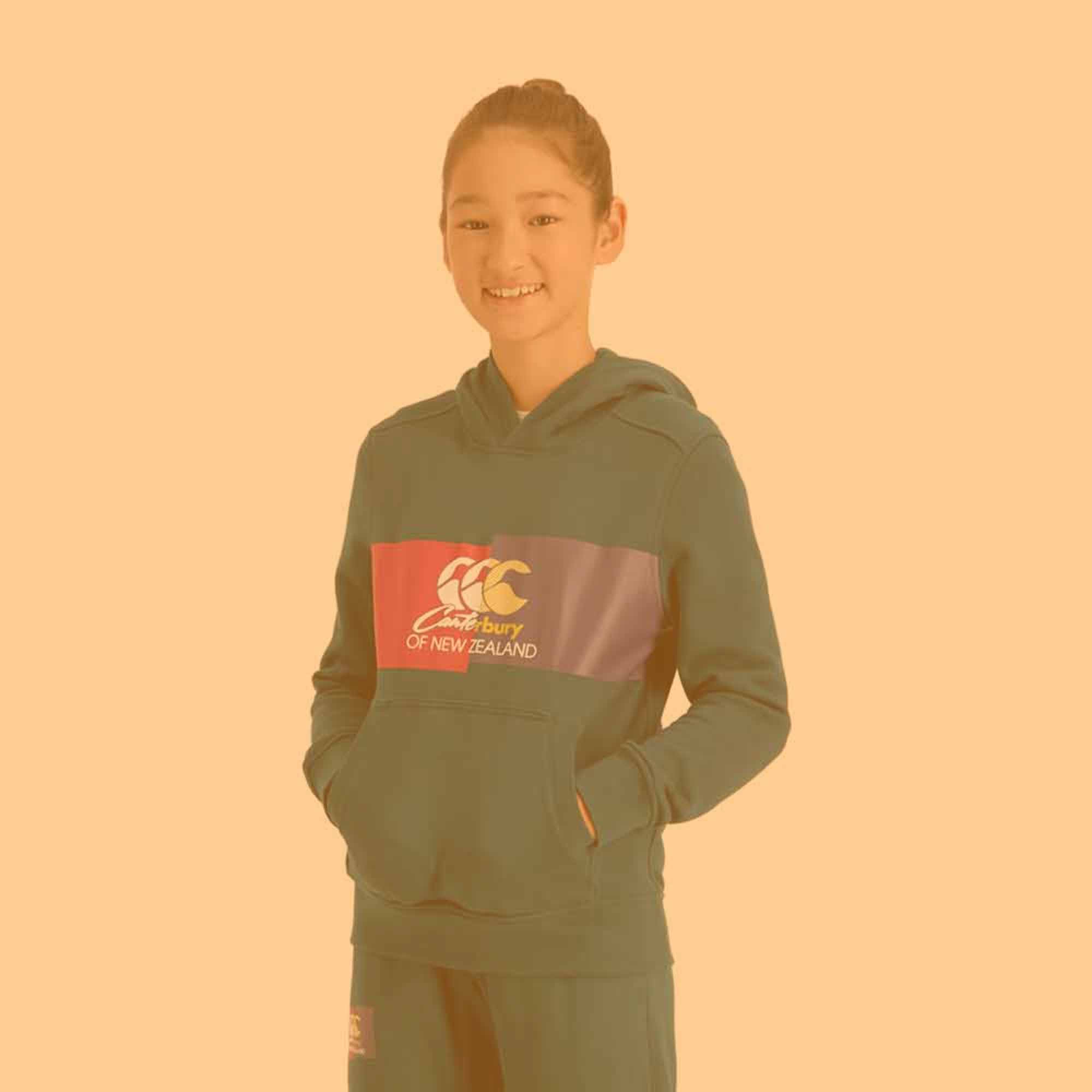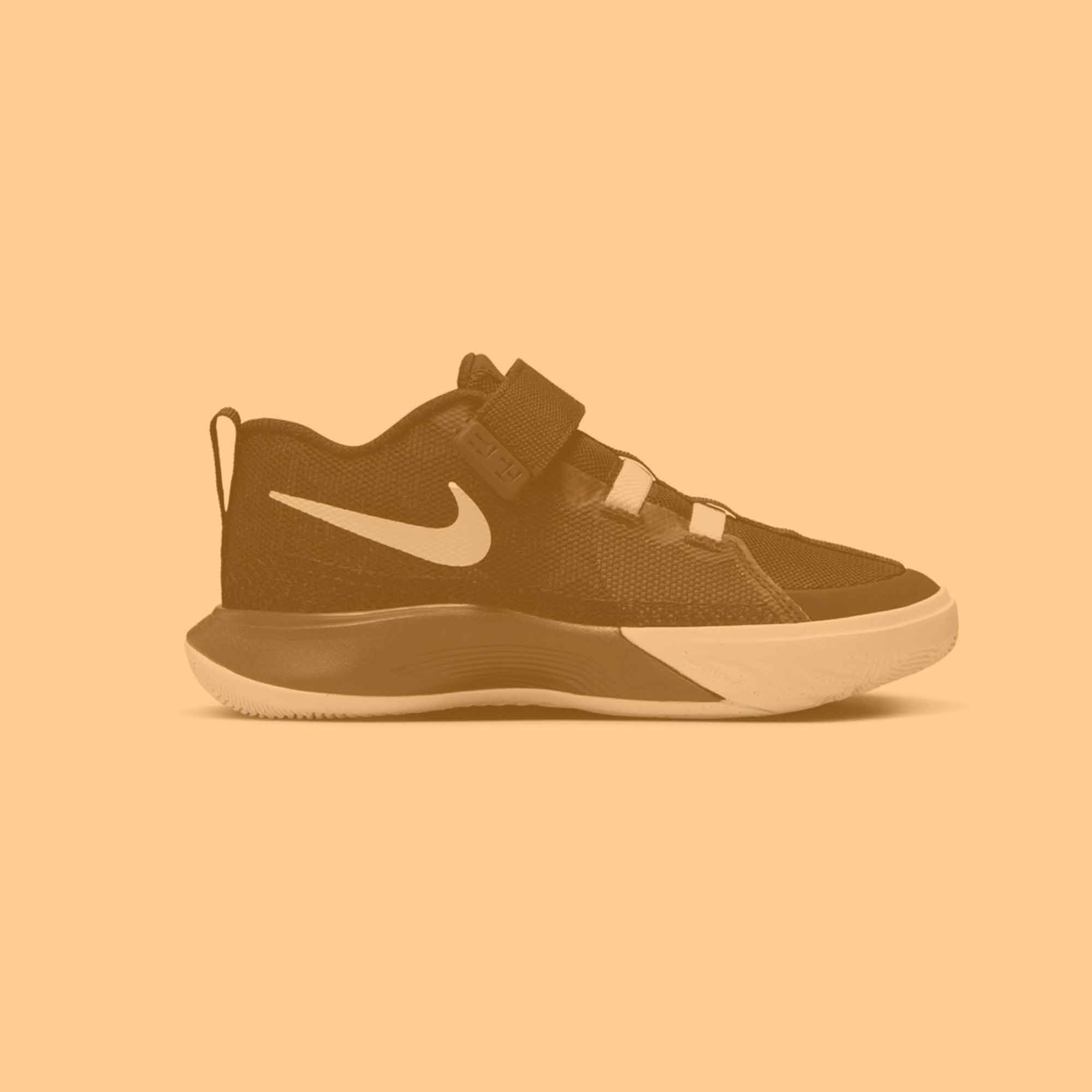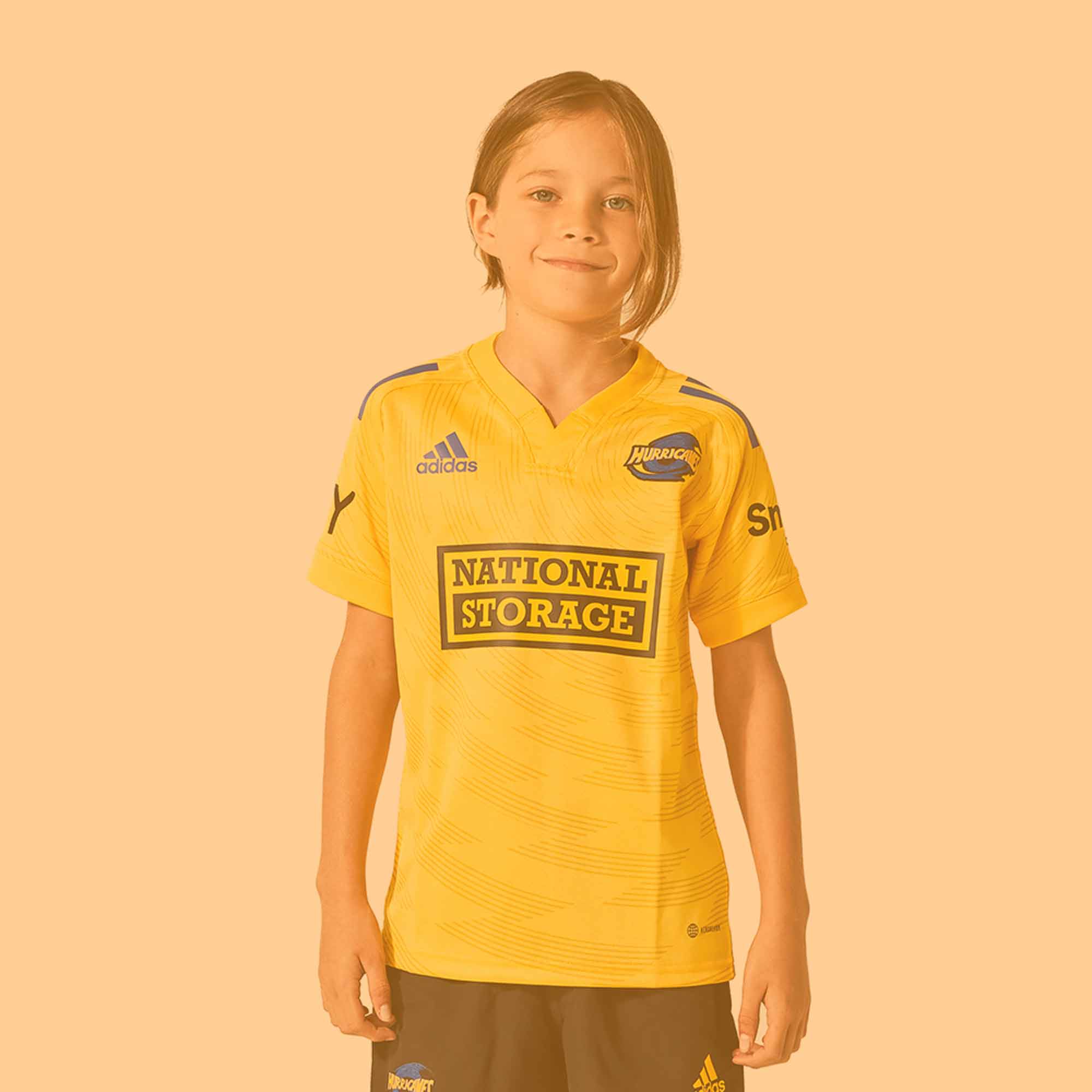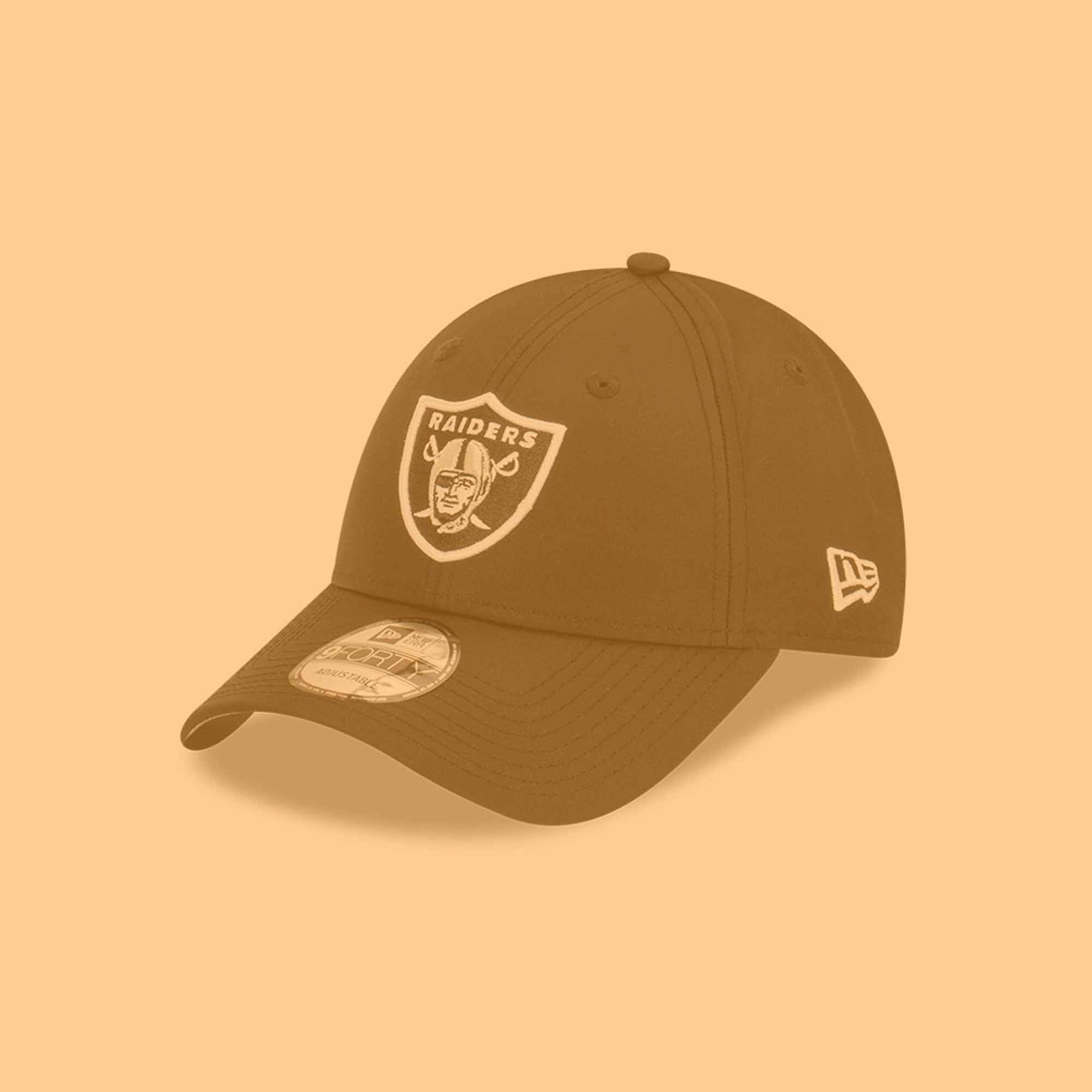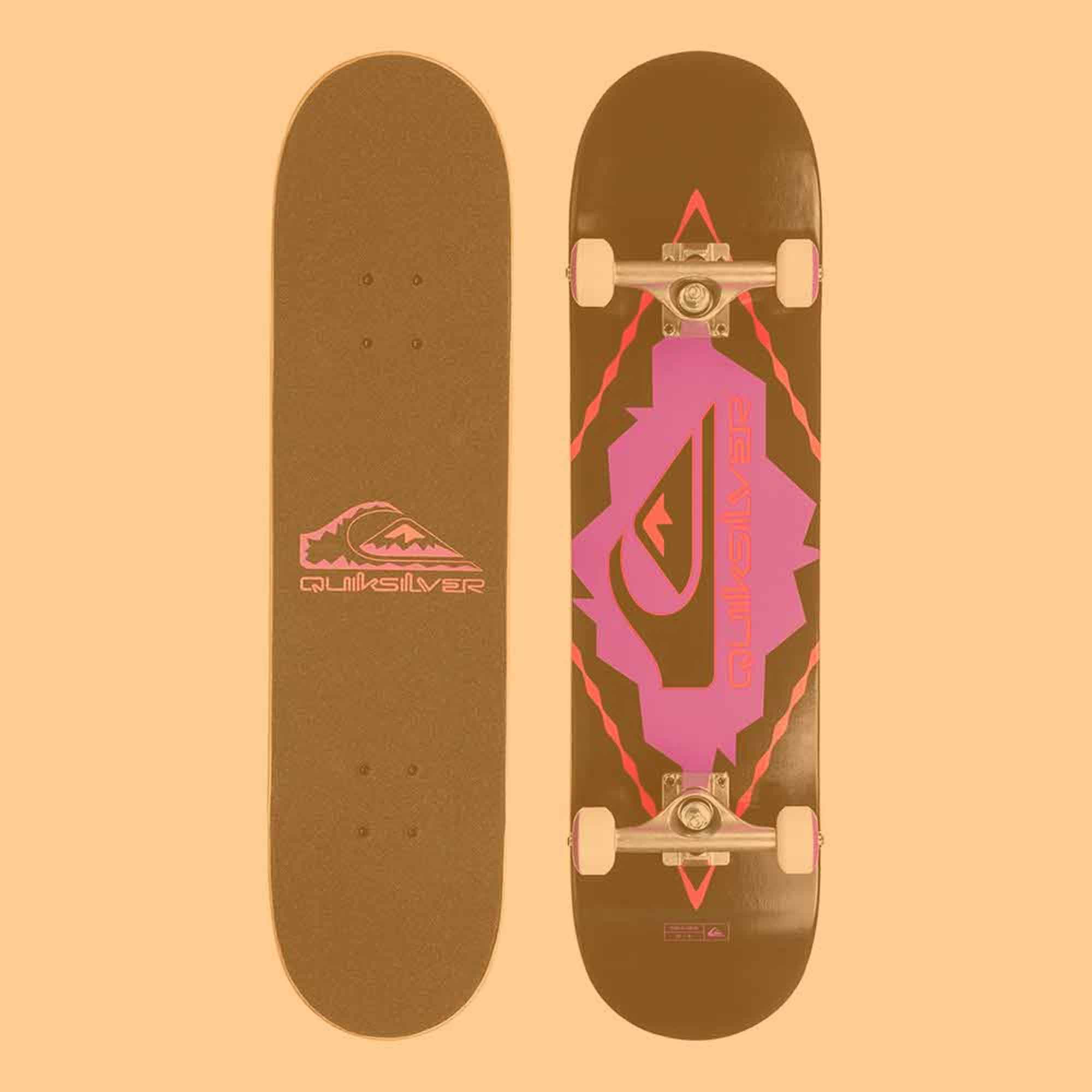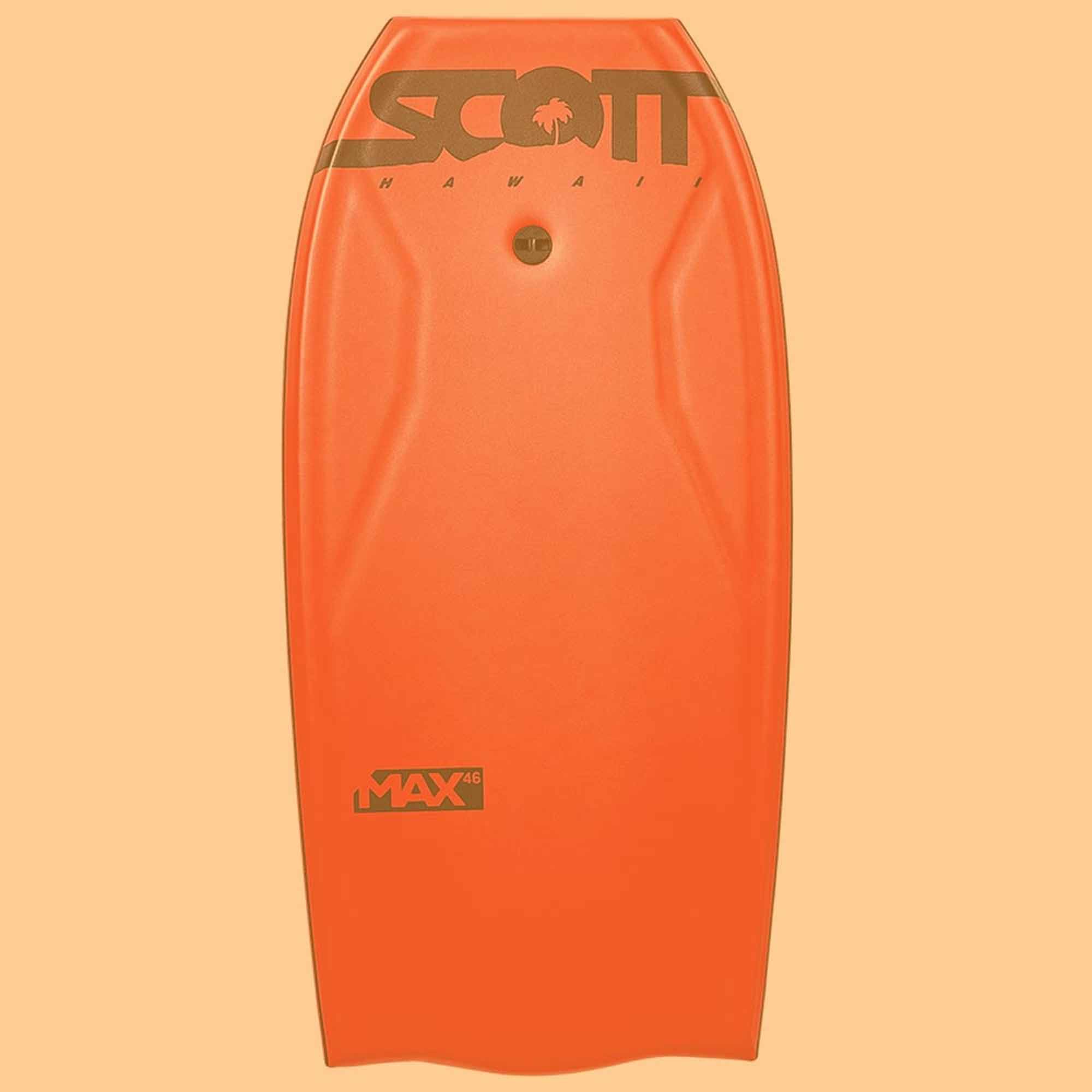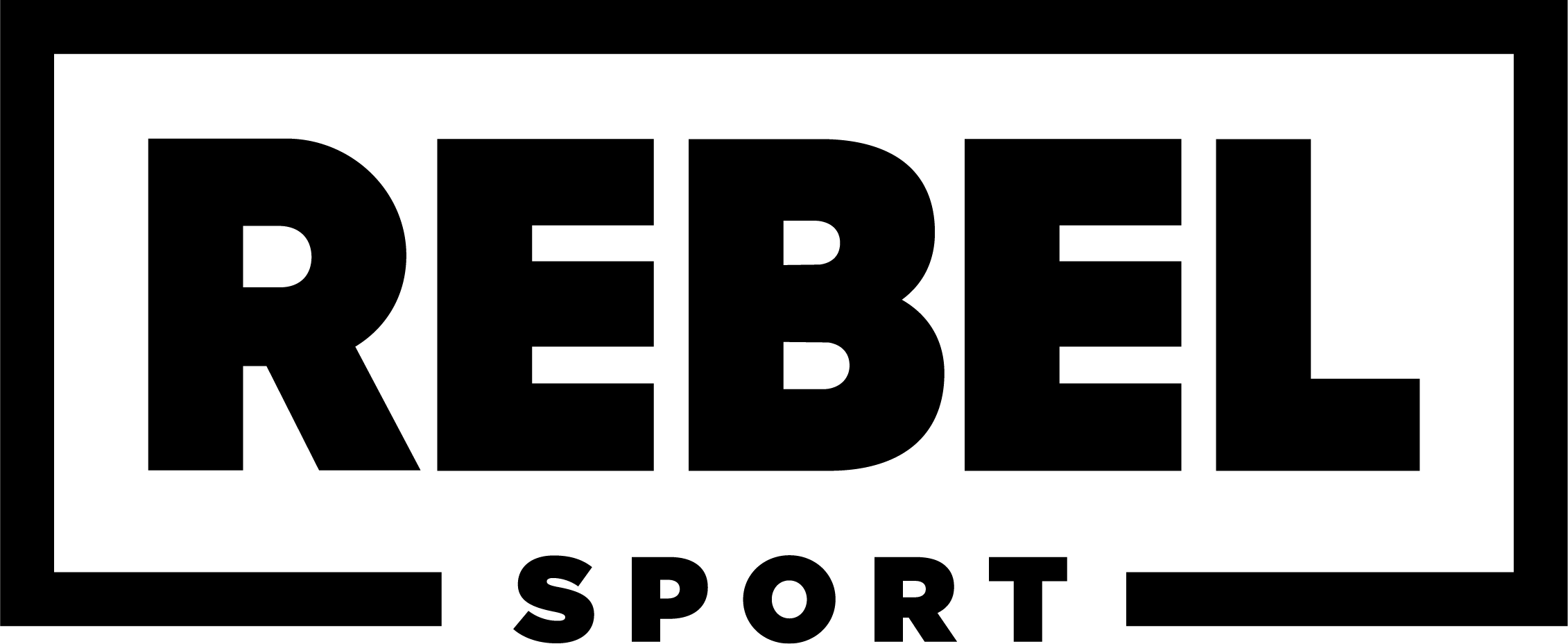
OUR LINE UP OF MVP DEALS ARE HERE! 🏆 SHOP NOW

ENTER POSTCODE
SELECT STORE
Auckland
Northland
Central North Island
Lower North Island
Blenheim & Nelson
Canterbury
Southland & Otago
Rebel Sport Albany
Rebel Sport Botany
Rebel Sport Henderson
Rebel Sport Manukau
Rebel Sport Morningside
Rebel Sport Mt Roskill
Rebel Sport Newmarket
Rebel Sport Panmure
Rebel Sport Pukekohe
Rebel Sport Silverdale
Rebel Sport The Atrium
Rebel Sport Wairau Park
Rebel Sport Westgate
Rebel Sport KeriKeri
Rebel Sport Whangarei
Rebel Sport Gisborne
Rebel Sport Hamilton Centre
Rebel Sport Hamilton Te Rapa
Rebel Sport Hastings
Rebel Sport Napier
Rebel Sport New Plymouth
Rebel Sport Palmerston North
Rebel Sport Rotorua
Rebel Sport Taupo
Rebel Sport Tauranga
Rebel Sport Whakatane
Rebel Sport Coastlands
Rebel Sport Palmerston North
Rebel Sport Petone
Rebel Sport Porirua
Rebel Sport Wellington City
Rebel Sport Wellington Lyall Bay
Rebel Sport Whanganui
Rebel Sport Blenheim
Rebel Sport Nelson
Rebel Sport Ashburton
Rebel Sport Christchurch Hornby
Rebel Sport Christchurch Riccarton
Rebel Sport Colombo Street
Rebel Sport Papanui
Rebel Sport Timaru
Rebel Sport Dunedin
Rebel Sport Invercargill
Rebel Sport Queenstown
YOUR STORE
Choose your store
OUR LINE UP OF MVP DEALS ARE HERE! 🏆 SHOP NOW
- MVP Line Up
-
New In
New In
- Mens New In
- Womens New In
- Kids New In
- Sports & Equipment New In
-
Mens
Mens
-
Footwear
Footwear
- New In
- Casual Sneakers
- Jandals & Slides
- Walking
- Running
- Hiking
- Basketball
- Boxing
- Cricket
- Football
- Training
- Golf
- Court
- Rugby
- Hockey
- Sandals
- Socks
- Safety
- Motorsport
- Footwear Accessories
- Clothing
- Clothing By Sport
- Clothing Accessories
- Online Exclusives
- Guides & Inspiration
-
Footwear
-
Womens
Womens
-
Footwear
Footwear
- New In
- Casual Sneakers
- Jandals & Slides
- Walking
- Running
- Hiking
- Multisport
- Basketball
- Cricket
- Football
- Training
- Golf
- Court
- Rugby
- Sandals
- Skate
- Safety
- Socks
- Footwear Accessories
-
Clothing
Clothing
- New In
- Activewear
- Bras
- Compression
- Hoodies & Sweatshirts
- Inclusive Sizing
- Jackets
- Maternity
- Pants
- Shorts
- Singlets & Tanks
- Swimwear
- Thermals
- Tights
- Tops & T-Shirts
- Underwear
- Clothing By Sport
- Clothing Accessories
- Online Exclusives
- Collections
- Guides & Inspiration
-
Footwear
-
Kids
Kids
-
Footwear
Footwear
- Footwear Accessories
- Clothing
- Clothing By Sport
- Clothing Accessories
- Online Exclusives
- Guides & Inspiration
-
Footwear
-
Supporters
Supporters
- Mens
- Womens
- Kids
-
Sports
Sports
- Badminton
- Baseball
- Basketball
- Boxing
- Cricket
- Cycling
- Fishing
- Football
- Golf
- Gym & Workout
- Hockey
- MMA
- Netball
- NFL
- Pickleball
- Pilates
- Rugby
- Rugby League
- Running
- Snow Sports
- Softball
- Squash
- Street Sports
- Swimming
- Watersports
- Table Tennis
- Tennis
- Touch
- Track & Field
- Volleyball
- Yoga
-
Equipment
Equipment
-
New In
New In
- New In Equipment
-
Shop by Sport
Shop by Sport
- Badminton
- Basketball
- Boxing
- Cricket
- Cycling
- Darts
- Disc Golf
- Fishing
- Football
- Golf
- Gym & Workout
- Hockey
- MMA
- Netball
- NFL
- Pickleball
- Pool & Snooker
- Racquetball
- Rugby
- Rugby League
- Running
- Snow Sports
- Softball
- Squash
- Street Sports
- Table Tennis
- Tennis
- Touch
- Track & Field
- Volleyball
- Water Sports
- Yoga
-
Camping & Fishing
Camping & Fishing
- Camping
- Fishing
- Hiking
-
Exercise & Fitness
Exercise & Fitness
- Boxing & Combat Sports
- Cardio Equipment
- Drink Bottles
- Gym & Workout
- Injury Support
- Recovery
- Nutrition
-
Swimming & Watersports
Swimming & Watersports
-
Watches & Electronics
Watches & Electronics
- Heart Rate Monitors
- Sports Watches
-
Bags
Bags
- Backpacks
- Duffel Bags
- Gym Sacks
- Lifestyle Bags
- Shoe Bags
- Waistbags
-
Games & Accessories
Games & Accessories
- Accessories
- Backyard Games
- Balls
- Beach
- Darts
- Disc Golf
- Drink Bottles
- First Aid Kits
- Indoor Games
- Mouthguards
- Pass It Forward
- Pool & Snooker
-
Online Exclusives
Online Exclusives
- Online Exclusives
-
Guides & Inspiration
Guides & Inspiration
- Buying Guides: Bags & Backpacks
- Buying Guides: Exercise Equipment
- Buying Guides: Sports Equipment
- Get Inspired
-
New In
-
Brands
BrandsA
- adidas
- AERO
- American Needle
- And1
- arena
- Ascent
- Asics
- Aquafi
- Aqualine
- Aquatone
- Babolat
- BAHE
- Balance
- Balega
- Balmanno
- Band Of Boys
- Berlei
- Birds On Bikes
- Black Knight
- Blenders
- Body Armour
- Braun
- Brillar
- BUFF
- Camelbak
- Canterbury
- Casio
- Champion
- Claro
- Classic
- Coleman
- Converse
- Cooee
- Cressi
- Crocs
- Cross
- Dakine
- Diadora
- Dirty Dog
- Double$Down
- Dryrobe
- Dunlop
- Dynasty
- Earthwell
- Engage
- Everlast
- Fern
- Finz
- Fitletic
- Fire-Maple
- FootJoy
- Foot-ies
- Freeworld
- Fuel
- Gaiam
- Garmin
- Gerber
- Gilbert
- Globber
- Grangers
- Gray Nicolls
- Harbinger
- Harrows
- Head
- Hermosa Athletica
- HEYDUDE
- Hine Collection
- Hi-Tec
- Homedics
- Hoka
- Huffer
- Hydro Flask
- Icebreaker
- Ice Watches
- Jansport
- Jockey
- Jordan
- Jumpflex
- Kaimai
- Kookaburra
- Kustom
- Laken
- LARQ
- Lete Active
- Le Bent
- Lorna Jane
- Lotto
- Macron
- Maddog
- Magnum
- Majestic
- Maserati
- McDavid
- Mikasa
- Mirage
- Mitchells Nutrition
- Mitchell & Ness
- Mizuno
- Modibodi
- Munka
- Nathan
- New Balance
- New Era
- NZ Sock Co
- Nike
- NZ Boxer
- Oakley
- On
- Opro
- OS1st
- OTIS
- Paingone
- P.E Nation
- Polar
- PowerBug
- Prince
- Prodive
- Pro & Hop
- PSD
- PTP
- Puma
- Punch
- Pure Sports
- Pyranha
- Quiksilver
- Razor
- Rebel
- Reebok
- Regatta
- Reusch
- Ridgeline
- Roller Derby
- Roxy
- RPM Discs
- Running Bare
- Russell Athletic
- Santeco
- Salomon
- Sector
- Shock Doctor
- Shot! Darts
- Silver Fern
- SIN Eyewear
- Skechers
- Skins
- SKLZ
- Sloggi
- Slope Siren
- smarTrike
- Soar Active
- Sof Sole
- Sole
- Solo
- Spalding
- Speedo
- Spirit
- Sportsboards
- Stance
- Sting
- Stinger
- Sunflex
- Suunto
- SWAZI
- Technifibre
- Teva
- The Girl Club
- The North Face
- Thorlos
- Tidwell
- Timberland
- Titleist
- Triaction
- TriggerPoint
- Tundra
- TYR
- Umbro
- Under Armour
- Unicorn
- Vans
- Vice
- Vinex
- Vixxen
- Vorgee
- Walkinshaw
- Wilson
- Winmau
- XBlades
- X-Cell
- York
- Yonex
- ZRay
- 2XU
- 4Tech
- Therabody
- Franklin
- Surfanic
- Radix
-
Online Exclusives
Online Exclusives
-
Online Exclusives
Online Exclusives
- New In
- Clothing
- Footwear
- Accessories
- Equipment
- Online Exclusives By Brand
-
Online Exclusives
-
Gifting & Inspiration
Gifting & Inspiration
-
Gifting
Gifting
- Gift Guide
- Gifts by Price
- Gift Cards & E-Gift Cards
- Gifts By Interest
-
Buying Guides & Inspiration
Buying Guides & Inspiration
- Buying Guides
- Get Inspired
- Quizzes
- Sports Hubs
-
Gifting
-
Community
Community
- Rebel Sport Grants
- Pass It Forward
- Cure Kids
- Tania Dalton Foundation
- Weet-Bix kids Tryathlon
-
Clearance
Clearance
-
Clothing Clearance
Clothing Clearance
-
Supporters' Clearance
- Clearance Men's Supporters' Clothing
- Clearance Women's Supporters' Clothing
- Clearance Junior Supporters' Clothing
- Clearance Supporters' Accessories
- Clearance NBA Supporters' Gear
- Clearance Warriors Supporters' Gear
- Clearance Super Rugby Supporters' Gear
- Clearance All Blacks Supporters' Gear
- Clearance Rugby Supporters' Gear
- Shop All
-
Footwear Clearance
Footwear Clearance
- Sport Equipment Clearance
-
Clothing Clearance
-
New In
New In
Shop All- Mens New In
- Womens New In
-
Kids New In
Shop All
Kids New In
-
Sports & Equipment New In
Shop All
Sports & Equipment New In
-
Mens
Shop All
Mens
-
Womens
Shop All
Womens
-
Kids
Shop All
Kids
-
Supporters
Shop All
Supporters
-
Sports
Shop All
Sports
-
Equipment
Equipment
Shop All-
Shop by Sport
Shop All
Shop by Sport
- Camping & Fishing
-
Exercise & Fitness
Shop All
Exercise & Fitness
-
Swimming & Watersports
Shop All
Swimming & Watersports
- Watches & Electronics
-
Bags
Shop All
Bags
-
Games & Accessories
Shop All
Games & Accessories
- Online Exclusives
-
Guides & Inspiration
Shop All
Guides & Inspiration
-
Shop by Sport
-
Brands
Brands
A- adidas
- AERO
- American Needle
- And1
- arena
- Ascent
- Asics
- Aquafi
- Aqualine
- Aquatone
- Babolat
- BAHE
- Balance
- Balega
- Balmanno
- Band Of Boys
- Berlei
- Birds On Bikes
- Black Knight
- Blenders
- Body Armour
- Braun
- Brillar
- BUFF
- Camelbak
- Canterbury
- Casio
- Champion
- Claro
- Classic
- Coleman
- Converse
- Cooee
- Cressi
- Crocs
- Cross
- Dakine
- Diadora
- Dirty Dog
- Double$Down
- Dryrobe
- Dunlop
- Dynasty
- Earthwell
- Engage
- Everlast
- Fern
- Finz
- Fitletic
- Fire-Maple
- FootJoy
- Foot-ies
- Freeworld
- Fuel
- Gaiam
- Garmin
- Gerber
- Gilbert
- Globber
- Grangers
- Gray Nicolls
- Harbinger
- Harrows
- Head
- Hermosa Athletica
- HEYDUDE
- Hine Collection
- Hi-Tec
- Homedics
- Hoka
- Huffer
- Hydro Flask
- Icebreaker
- Ice Watches
- Jansport
- Jockey
- Jordan
- Jumpflex
- Kaimai
- Kookaburra
- Kustom
- Laken
- LARQ
- Lete Active
- Le Bent
- Lorna Jane
- Lotto
- Macron
- Maddog
- Magnum
- Majestic
- Maserati
- McDavid
- Mikasa
- Mirage
- Mitchells Nutrition
- Mitchell & Ness
- Mizuno
- Modibodi
- Munka
- Nathan
- New Balance
- New Era
- NZ Sock Co
- Nike
- NZ Boxer
- Oakley
- On
- Opro
- OS1st
- OTIS
- Paingone
- P.E Nation
- Polar
- PowerBug
- Prince
- Prodive
- Pro & Hop
- PSD
- PTP
- Puma
- Punch
- Pure Sports
- Pyranha
- Quiksilver
- Razor
- Rebel
- Reebok
- Regatta
- Reusch
- Ridgeline
- Roller Derby
- Roxy
- RPM Discs
- Running Bare
- Russell Athletic
- Santeco
- Salomon
- Sector
- Shock Doctor
- Shot! Darts
- Silver Fern
- SIN Eyewear
- Skechers
- Skins
- SKLZ
- Sloggi
- Slope Siren
- smarTrike
- Soar Active
- Sof Sole
- Sole
- Solo
- Spalding
- Speedo
- Spirit
- Sportsboards
- Stance
- Sting
- Stinger
- Sunflex
- Suunto
- SWAZI
- Technifibre
- Teva
- The Girl Club
- The North Face
- Thorlos
- Tidwell
- Timberland
- Titleist
- Triaction
- TriggerPoint
- Tundra
- TYR
- Umbro
- Under Armour
- Unicorn
- Vans
- Vice
- Vinex
- Vixxen
- Vorgee
- Walkinshaw
- Wilson
- Winmau
- XBlades
- X-Cell
- York
- Yonex
- ZRay
- 2XU
- 4Tech
- Therabody
- Franklin
- Surfanic
- Radix
-
Online Exclusives
Shop All
Online Exclusives
-
Online Exclusives by Brand
-
-
Gifting & Inspiration
Gifting & Inspiration
Shop All-
Gifting
Shop All
Gifting
-
Buying Guides & Inspiration
Shop All
Buying Guides & Inspiration
- Quizzes
-
Sports Hubs
Sports Hubs
-
Gifting
-
Community
Shop All
Community
- MVP Line Up
-
Clearance
Clearance
Shop All-
Men's Clearance
Shop All
Men's Clearance
-
Women's Clearance
Shop All
Women's Clearance
-
Kids Clearance
Shop All
Kids Clearance
-
Supporters Clearance
Shop All
Supporters Clearance
-
Sports Clearance
Shop All
Sports Clearance
-
Men's Clearance

